Most of the men had their hoods pulled down over their eyes as they descended the aeroplane steps into the damp night of Lagos, Nigeria. On 12 July 2018, 160 people unloaded into the cargo terminal one by one. They were thin and exhausted. Flat eyes darted back and forth underneath the hoods – from the hi-vis vests to the flashing lights of the emergency services vehicles, from the megaphone to the thermometer pushed into their ear.
A few hours before, they had been locked in a Libyan prison.
A few hours before, they had been on their way to Europe.
But in the cargo terminal, they were back to square one. They had become migrants who failed to reach Europe. Migrants whose journeys were unsuccessful.
The European Union (EU) has paid for dozens of flights to carry tens of thousands of migrants who couldn’t reach Europe. Since 2017, the EU has flown almost 16,000 people back from Libya to Nigeria alone. To save people from the terrible conditions in Libya, sure – but also to make sure they wouldn’t make another attempt to get to Europe.
This is the human side of the EU’s policy to reduce migration: migrants who never even set foot on European soil and are flown home empty-handed.
As the returnees waited their turn to be registered on the tarmac in front of the hangar, the emptiness and the exhaustion quickly turned to anger. The queue of 160 people turned into a chaotic, frustrated mob.
And I was standing in the middle of it. A man came up to me to ask if I had any idea he’d been sold on a Libyan slave market. Another man pulled up his shirt so I could see the scars he got in a Libyan prison. A couple of women holding tiny babies were pushed forward in the melee, but they wanted nothing to do with a journalist. At the table where sim cards were being handed out, I wrote down dozens of phone numbers and gave out mine.
I wanted to know what happens to these people. I wanted to know what it means to return home after a failed journey. And I wanted to know if Europe takes responsibility for these people. Because even if their journey stopped here, the effect of the European migration policy on their lives was far from over.
One year, 12 stories
For the next couple of weeks, I called one returnee after another. Whenever possible, I visited them. I wrote hundreds of texts.
I got hold of 12 people and followed their lives for a year. I wanted to see more than just a snapshot and go deeper than a single interview. I talked to them regularly and asked them to photograph their lives.
As the months went by, we bonded. I met their families; they wanted to speak to my husband on the phone; they let me know when they’d been bitten by a snake or told me about their son’s first day at school. I came to care about them. I worried about their misfortunes. I wanted the best for them.
These 12 people taught me important lessons about the return of migrants. Crucial lessons, I think, because Europe will give many more migrants a one-way ticket home in the future. The approach I witnessed in Nigeria may very well be the dress rehearsal for a European return policy on a much larger scale.
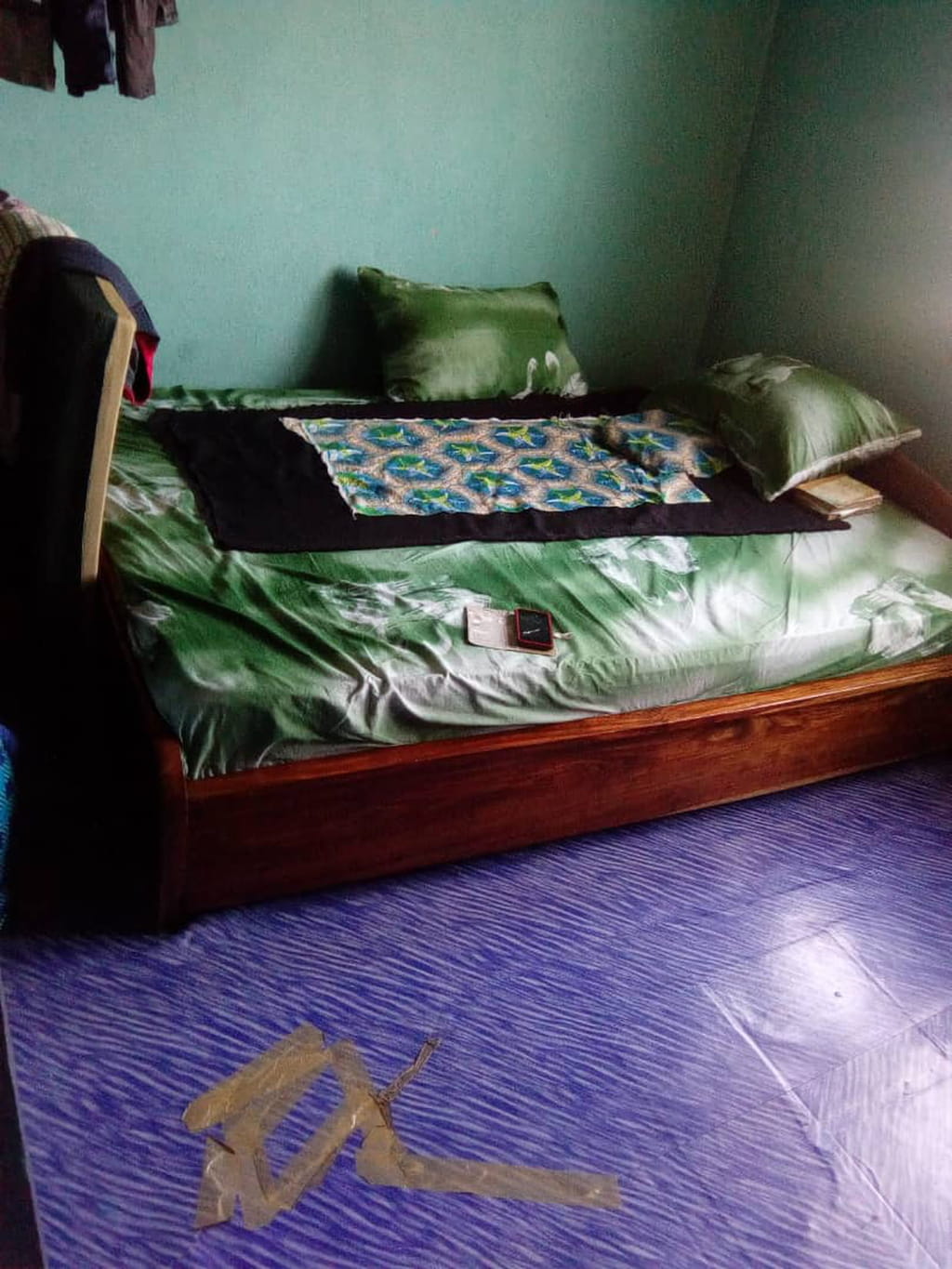
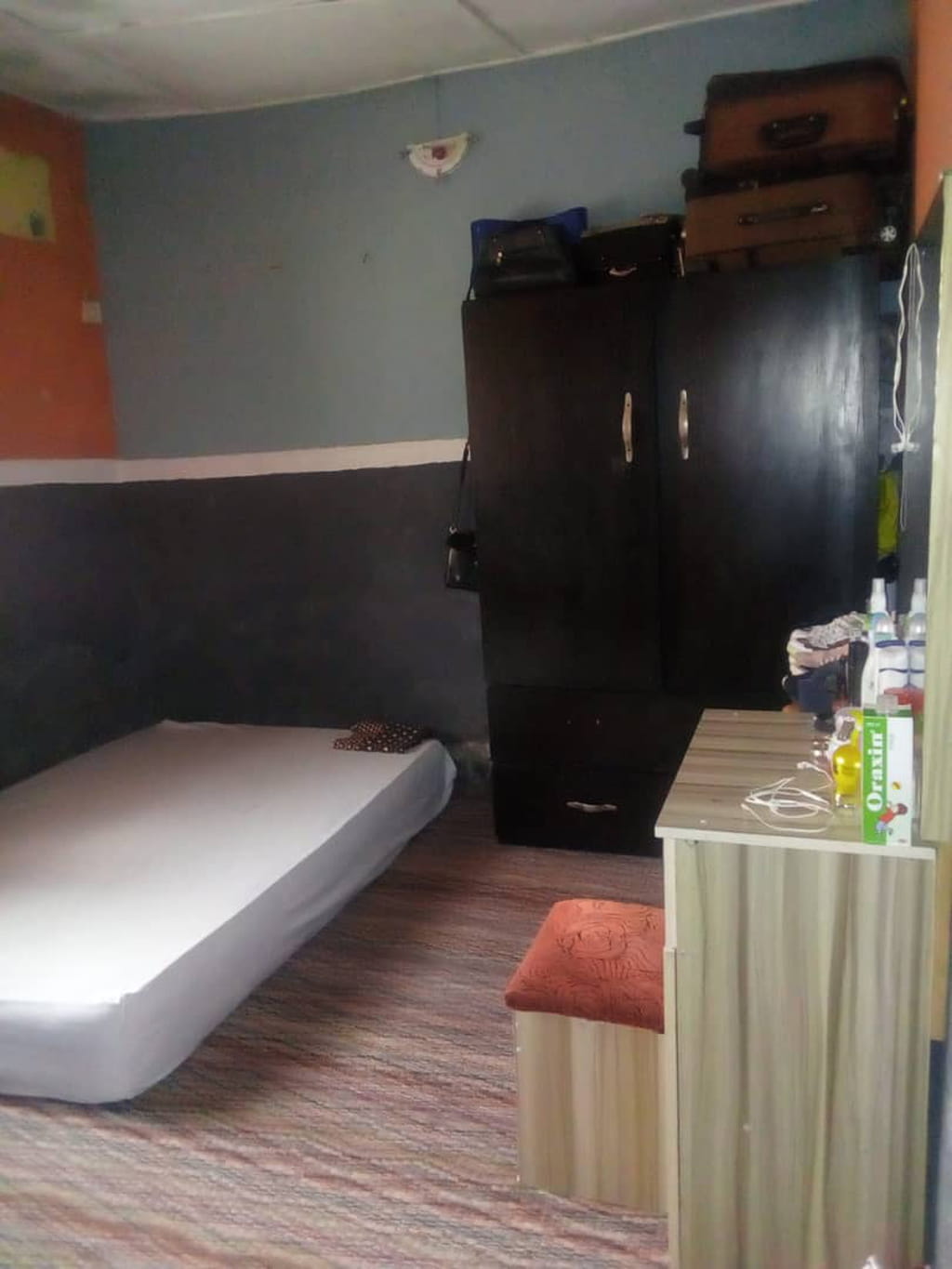
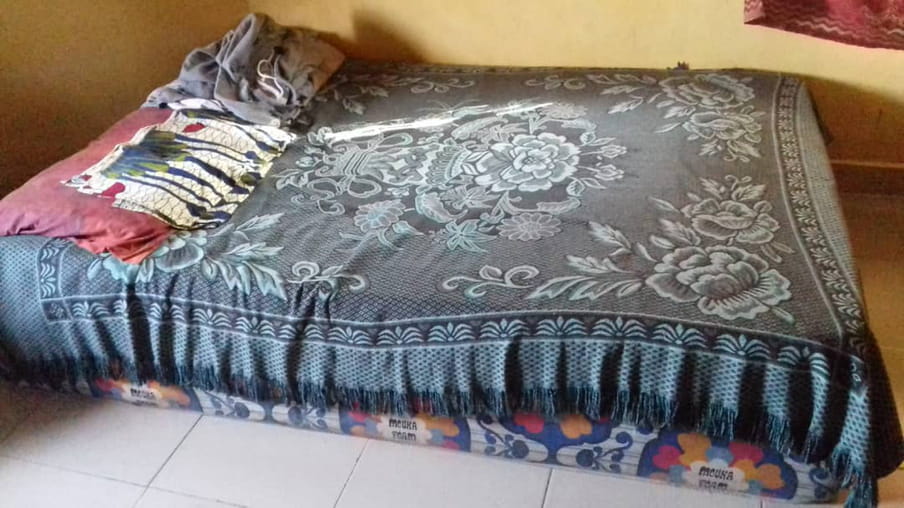
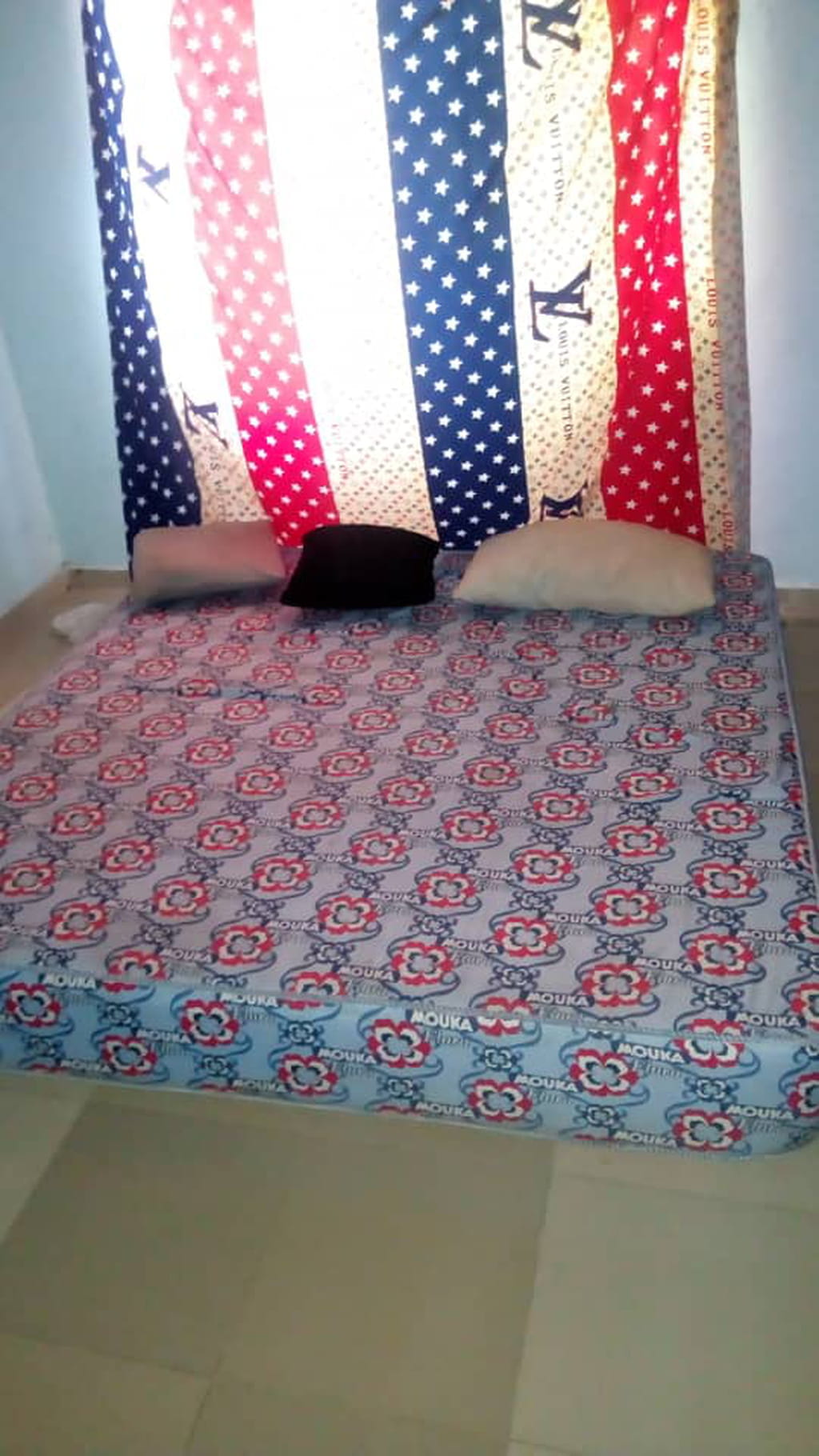
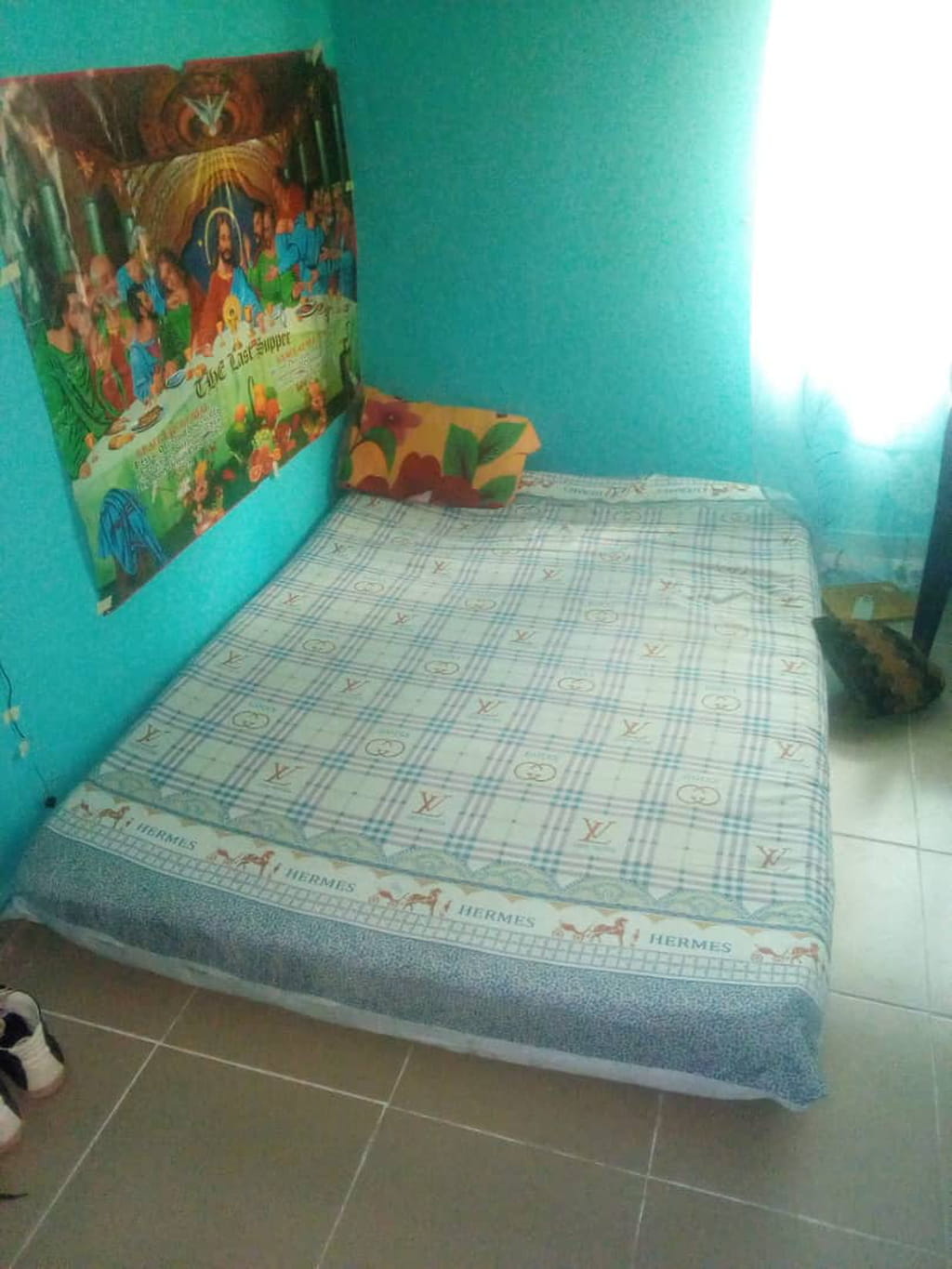
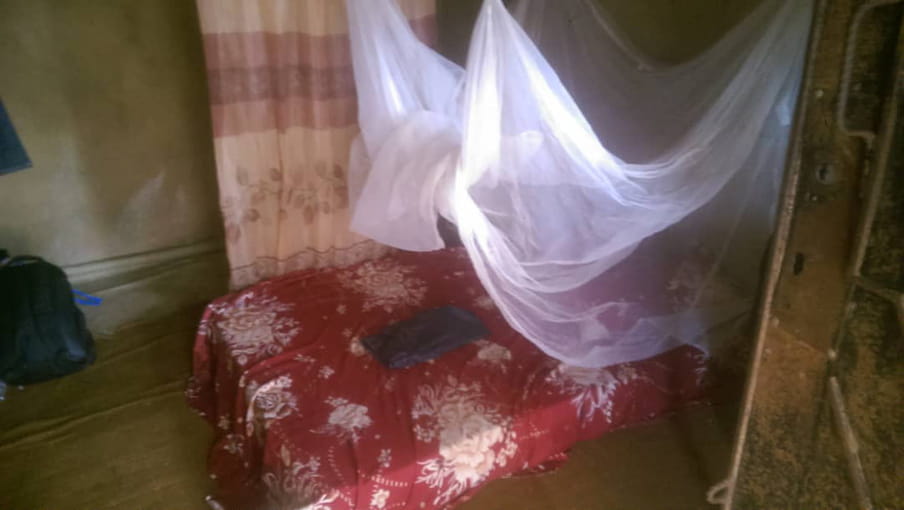
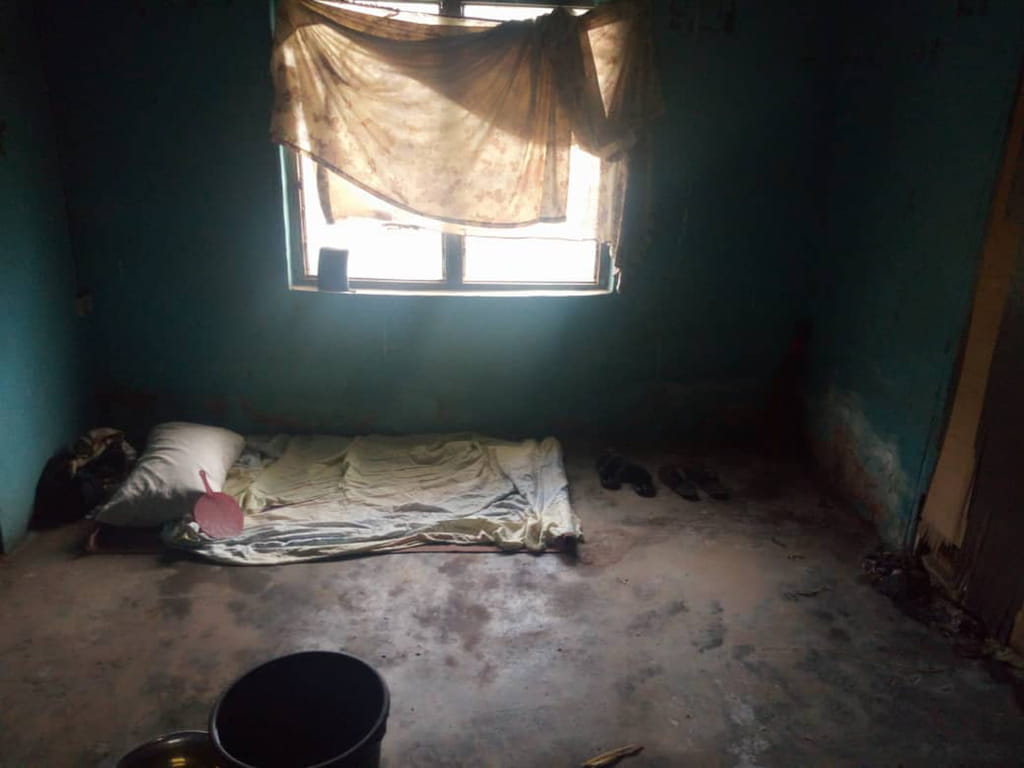
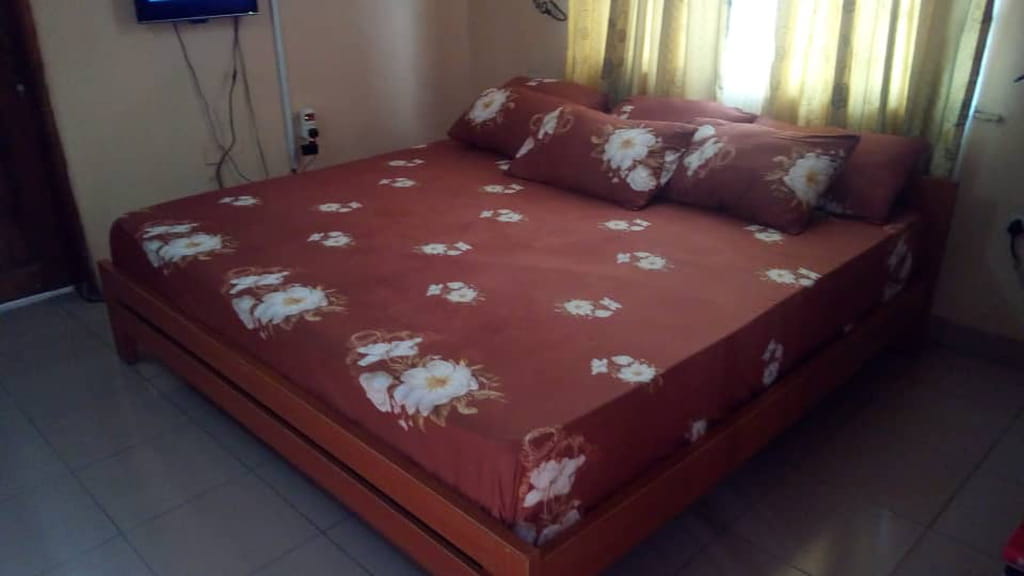
Returnees often struggle with depression
That night at the airport, Samuel immediately caught my eye because of his age. He didn’t look old, but a fifty-something stood out among young men. The reason he wanted to travel to Europe was also pretty unique: he wanted to get his PhD. He said corruption determines who gets into the programme in Nigeria. He didn’t have the proper contacts. He worked in primary education for next to nothing but dreamed of a research project about sustainable regional markets in Africa.
Samuel was divorced and had a 10-year-old daughter. His journey to Europe was for her. He wanted to save for a better life for her – a life where he could take her to Disneyland.
His failed journey and returning with even less than he had before he left was, to put it mildly, traumatising for Samuel. He didn’t sleep well for weeks after his return. His messages to me became increasingly desperate and anxious. He was too embarrassed to see his daughter. He didn’t know if life was worth living anymore.
Without exception, the returnees all suffered from depression. One of them told me she left the kettle on the stove for hours because she couldn’t focus on anything. Another told me he was so afraid of being alone with his thoughts that he was even willing to help his aunt harvest the yams – a “woman’s job”. Yet another one was terrified of telling his family how much money he had wasted. Many of them fell out of contact with me for weeks at a time.
Often, I didn’t know what to tell them. “Sorry”? “Hang in there”? “It will get better”?
What did I know? I often resorted to the one thing they could hold on to: the reintegration course that had been promised to them. It was the first step of the aid the EU provides to these migrants, a four-day course focused on trauma processing and business skills training.
Reintegration into your own country may sound strange – as though these migrants suddenly forgot how to live in Nigeria – but the more I saw their shame and depression up close, the more I believed that a course such as this was important. They were not the same people that had left. They were traumatised, and they needed help.
But the waiting lists for these courses are far too long.
Not yet, still waiting
I received the same two-word message from Cyril dozens of times.
Sometimes the messages varied a bit, like this:
Or like this:
The year I knew Cyril, he was waiting. Waiting for a message from his wife, whom he had lost in Libya and who, as far as he knew, was still there. But also waiting for help.
“At the airport they said they would call us,” he said when I spoke to him on the phone in September 2018. It was the rainy season – I could hardly hear him through the downpour.
“But we’re in Nigeria, and Nigerians they make promises ... I wonder if they will actually do anything for us.”
How on earth was it possible that it took months for the returnees to get help? I decided to visit the International Organization for Migration (IOM), the United Nations organisation for migration the EU pays to carry out the return programmes. I met Abrham Tamrat, who is responsible for these programmes, at his office in Lagos. It was difficult to get a meeting. After all, thousands of returnees were waiting for his help.
“This is the kind of programme that would usually take at least a year to prepare,” Tamrat said. “But on the first day, people were put on planes home. We hadn’t even hired anyone to run the programme yet. We’ve been playing catch-up from the very beginning.” To illustrate that point: the number of people working for the IOM in Nigeria has quadrupled since May 2017.
This hasty execution was a result of hardened European migration policy. Because Italy and the EU pay the Libyan coastguard to intercept migrants, the situation they face in Libya rapidly turned into a humanitarian emergency. It needed a quick response – there was no time for a well-developed reintegration programme.
As Tamrat put it: “You can’t keep people in a Libyan detention centre for months because we haven’t designed a programme for them yet.”
I thought of Cyril. The wait was terribly hard on him. But his stories about Libyan prisons – abuse, the lack of daylight, drinking from toilets – were far worse. Tamrat had a point: better to wait here in Nigeria than there.
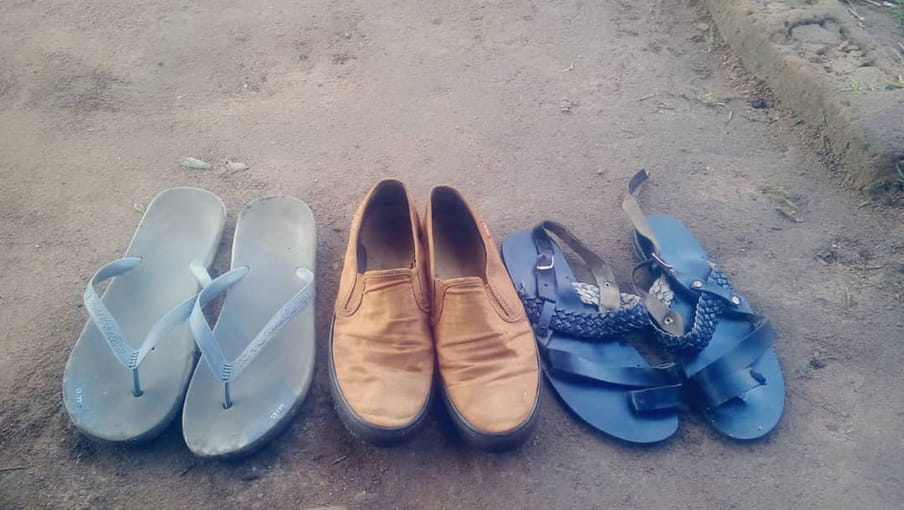
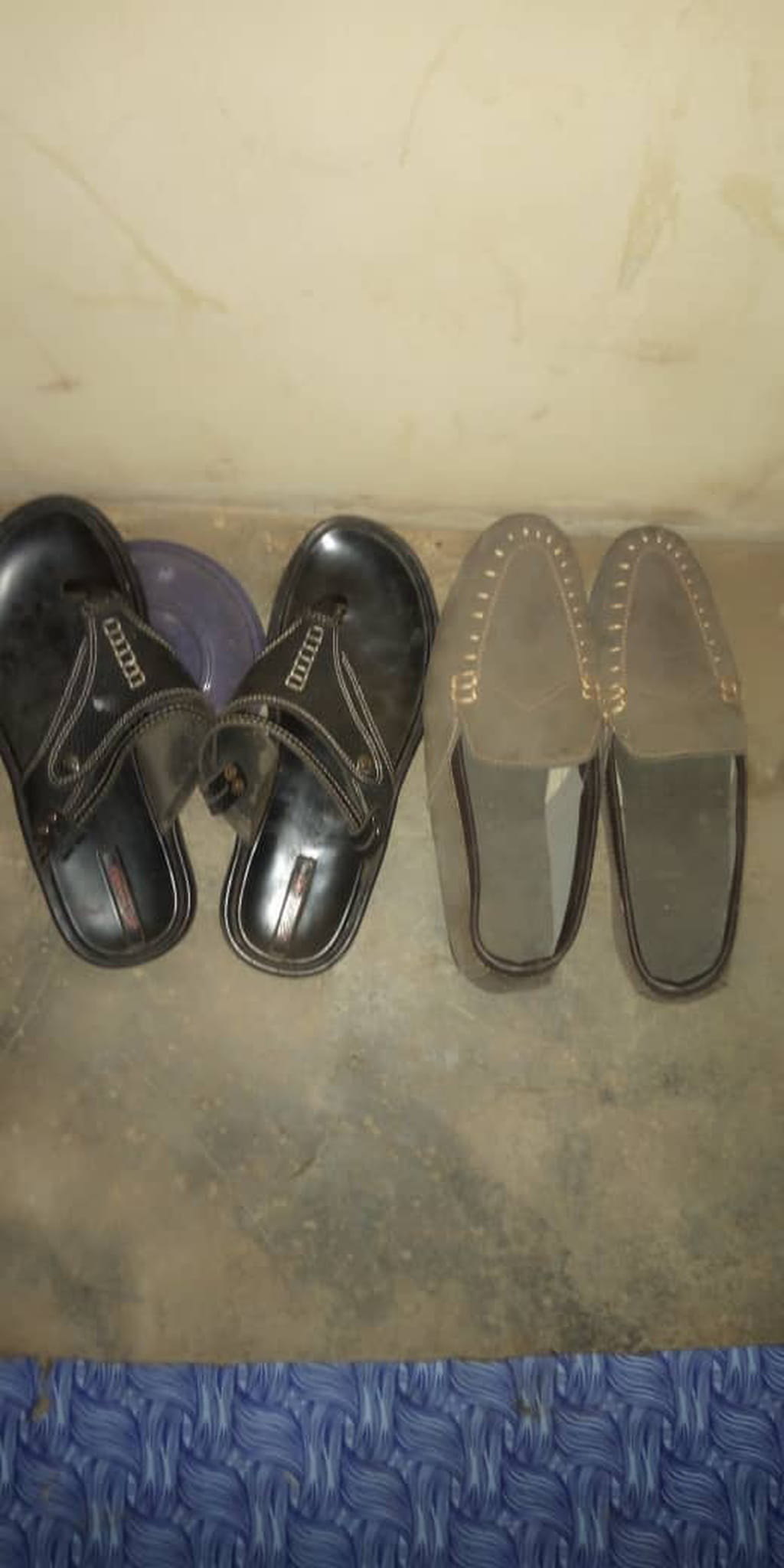
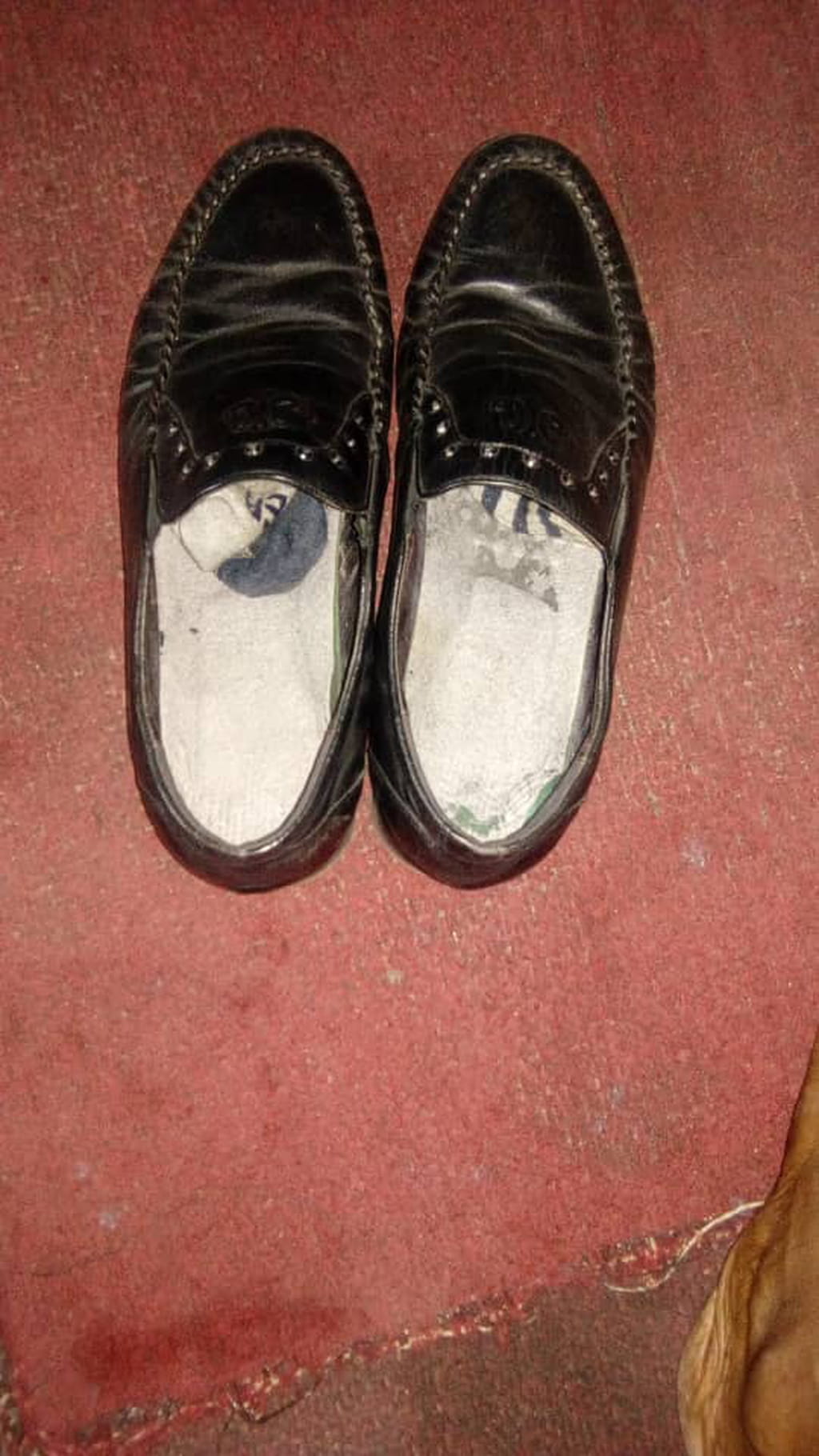
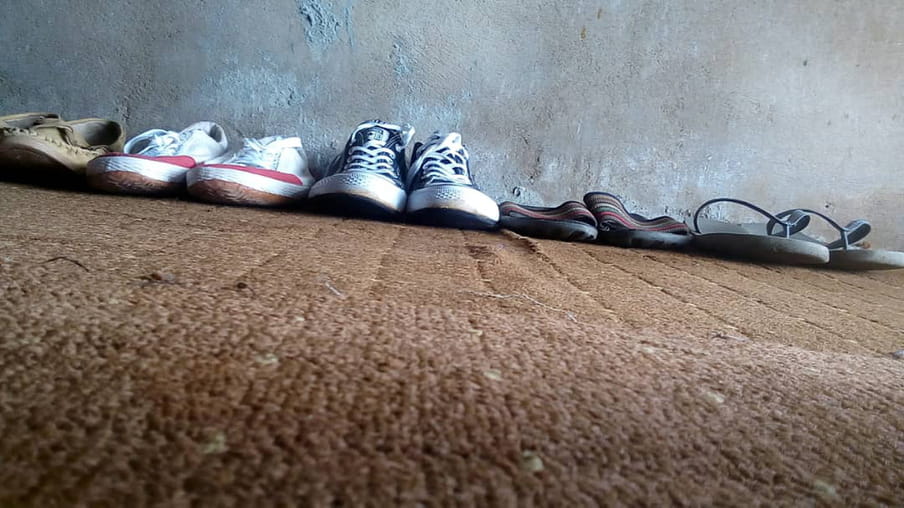
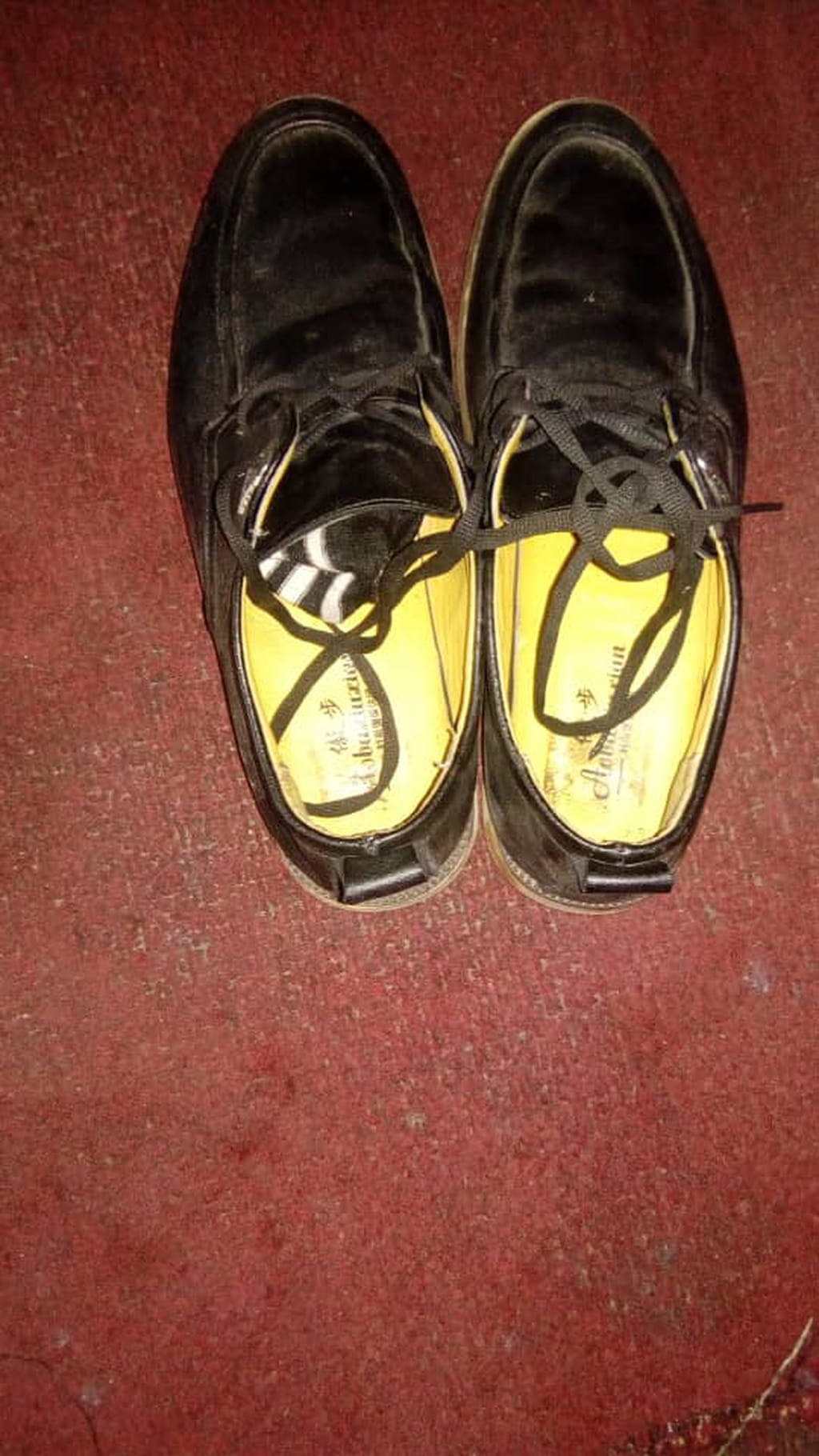
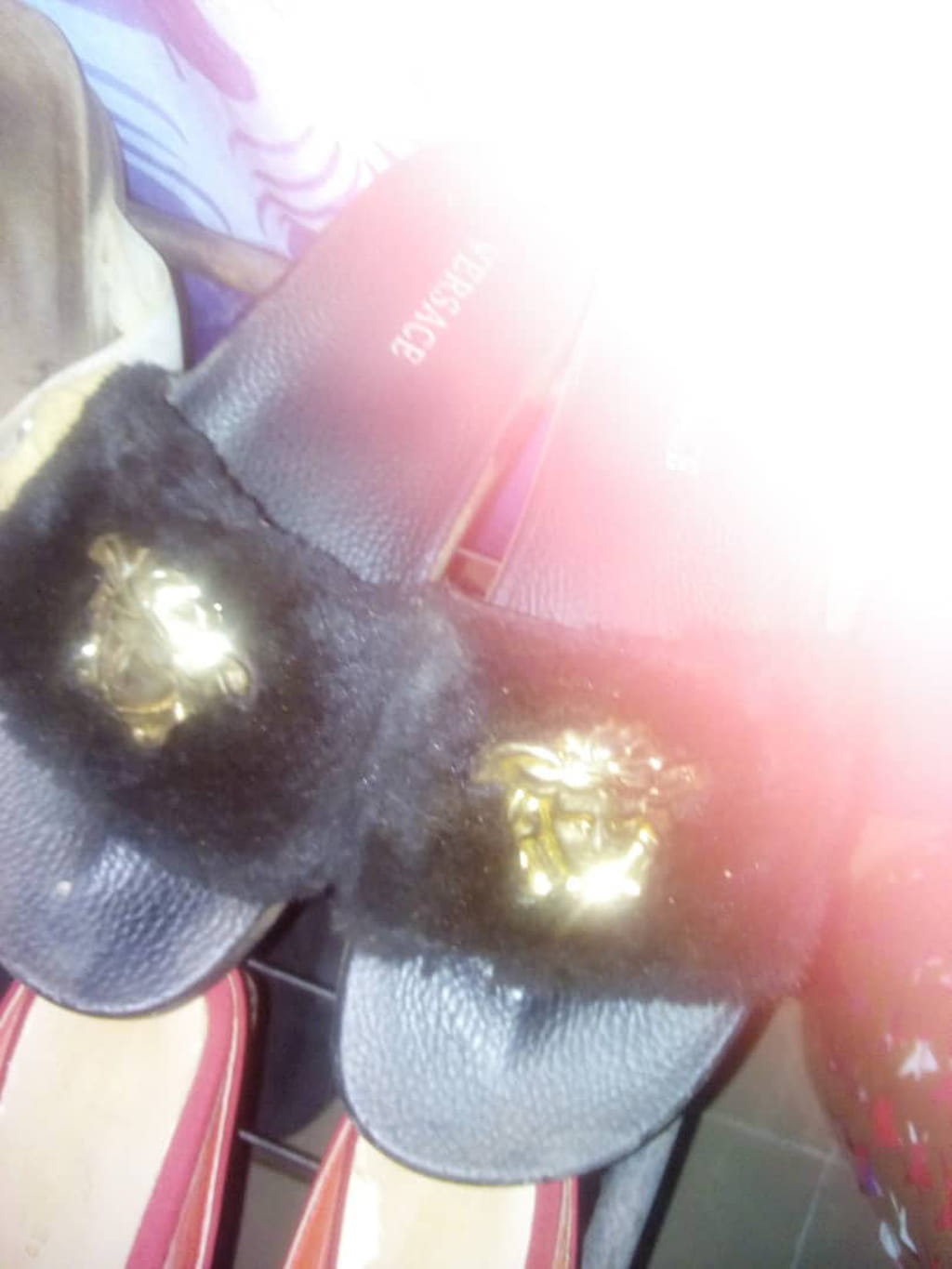
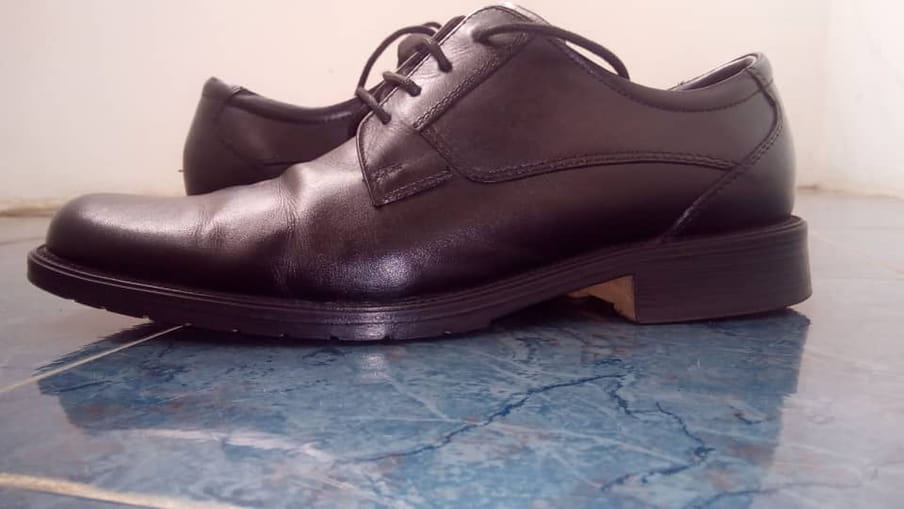
Reintegrating into life in Nigeria
Most people waited three months for the reintegration course – some waited four, Cyril five. But once they got an invitation, the course turned out to be worth the wait.
I sat in on several reintegration courses. To be honest, I couldn’t get enough of them. The first day and a half, which focused on trauma processing, was aid at its best. Hundreds of returnees sat in classrooms and listened to speeches about how they should look at their journey as an opportunity, not a failure. I saw them cry over each other’s stories. They comforted and motivated each other. Each time, I could feel the energy in the room change as the participants regained their purpose.
I saw the change up close in the 12 people I followed. Even the hopelessly depressed Samuel was suddenly sending happy selfies from the classroom and pictures of the tree of life they drew in class. Grateful messages about how much better he felt after the course.
This was when I was proud of European aid. But that didn’t last long.
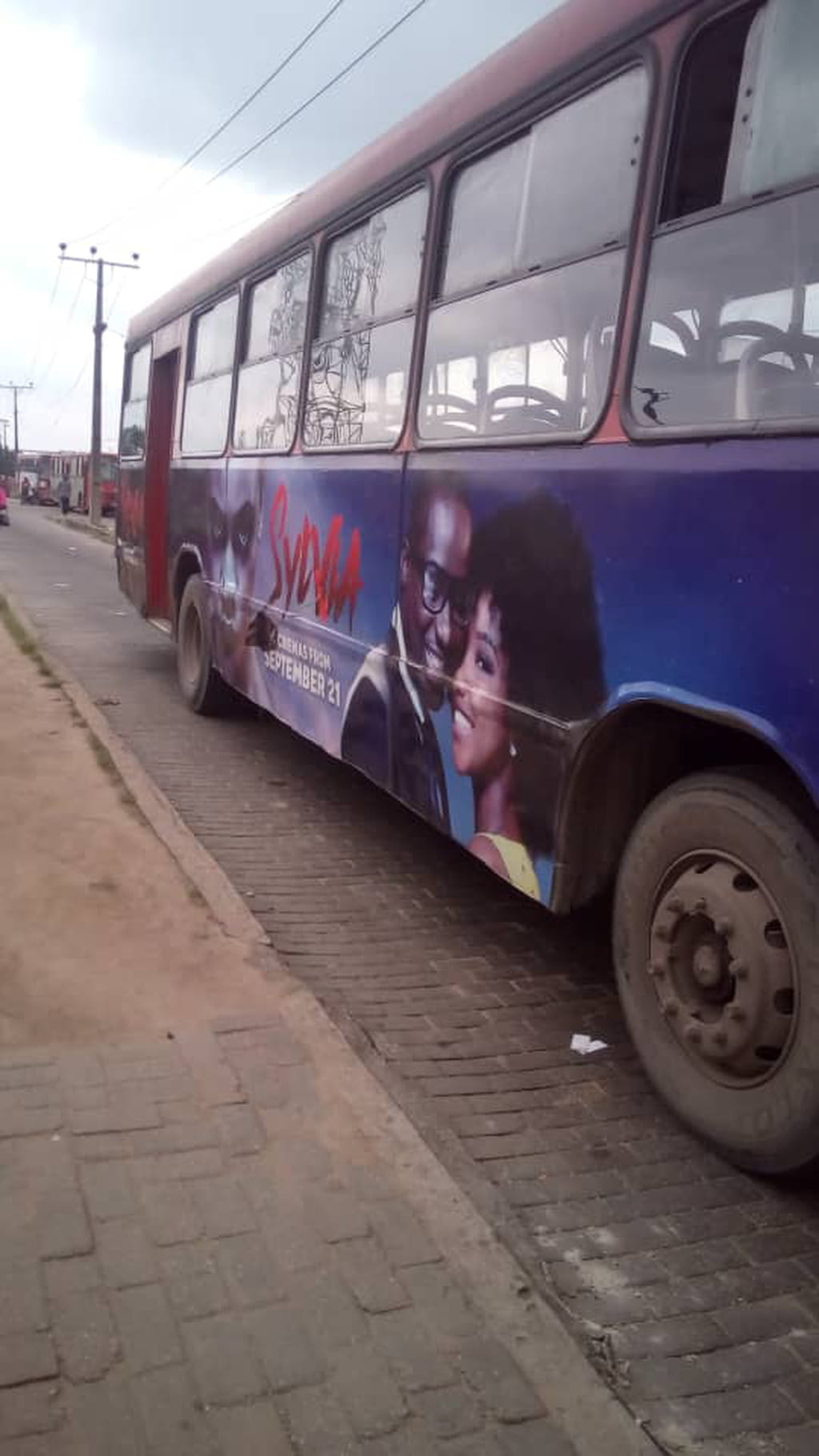
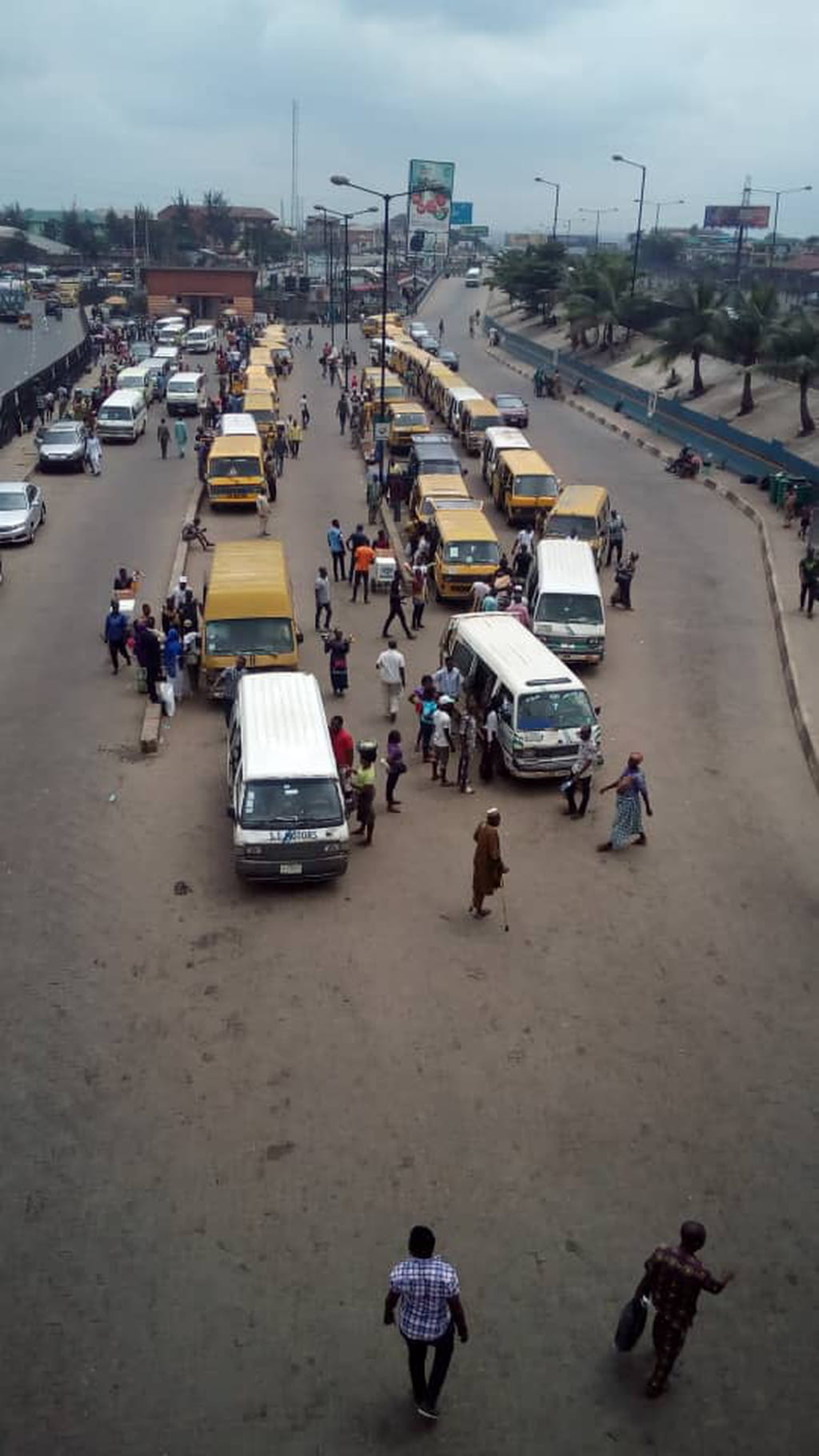
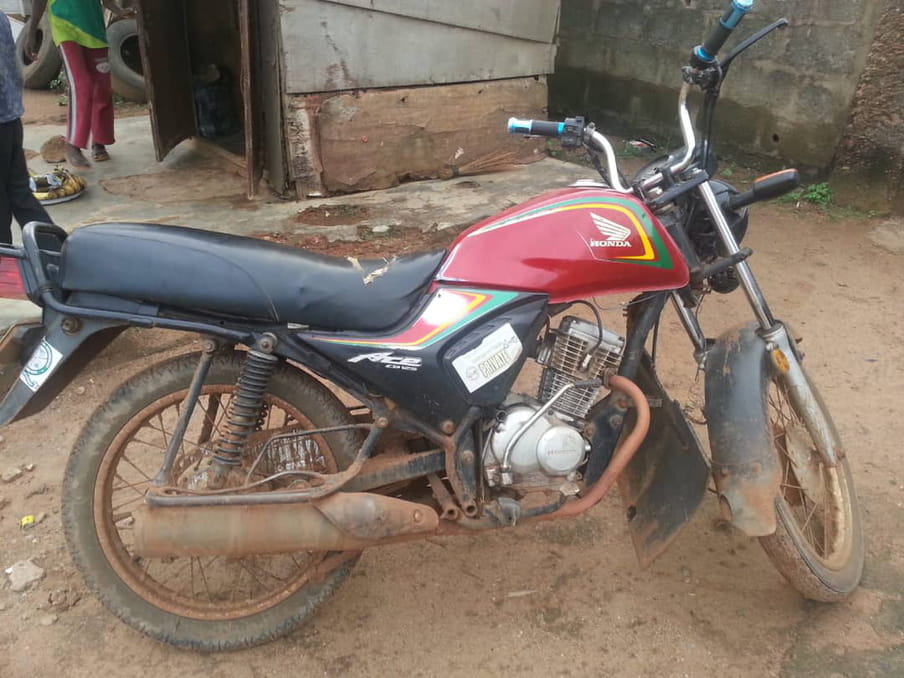
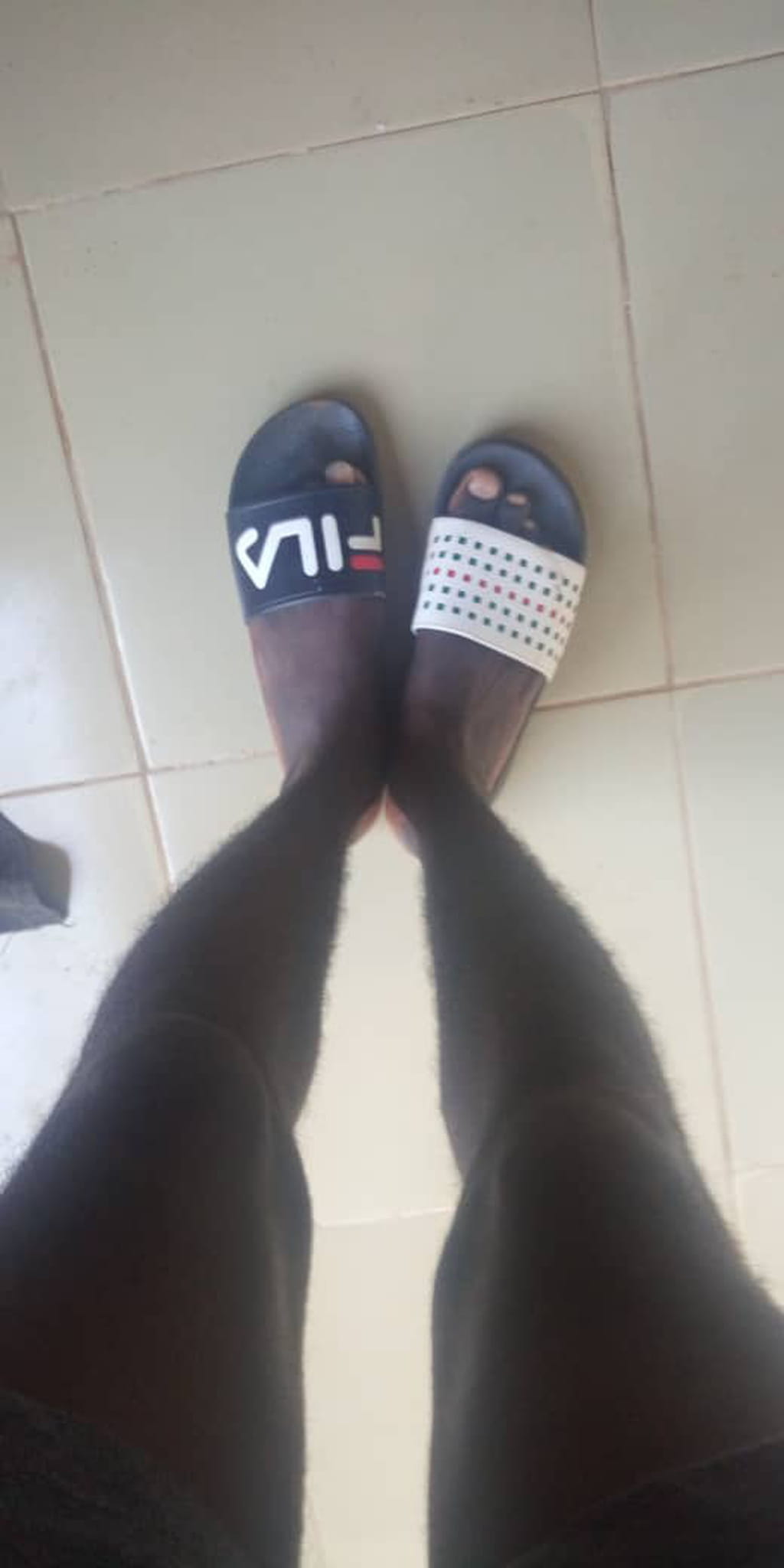
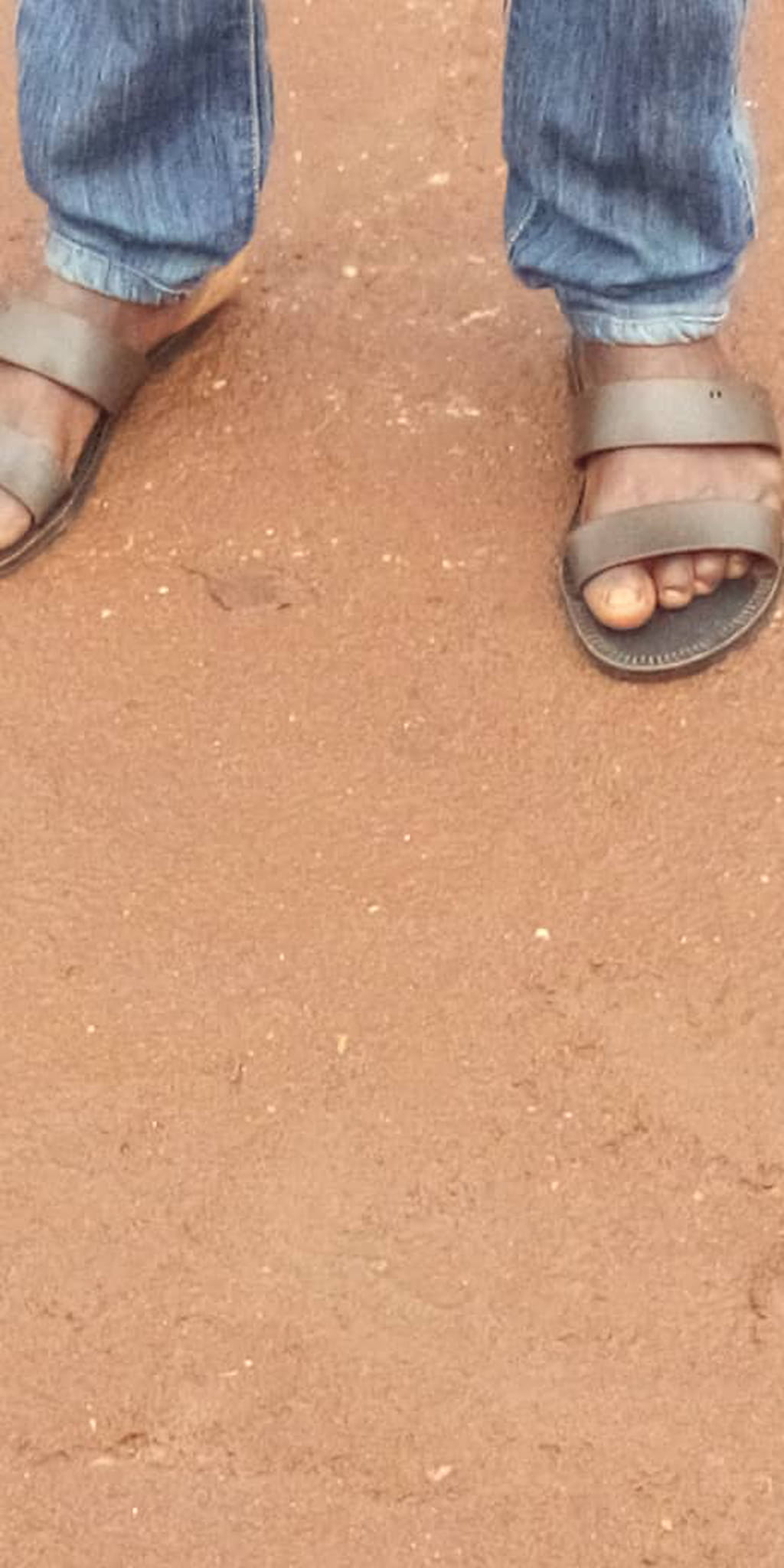
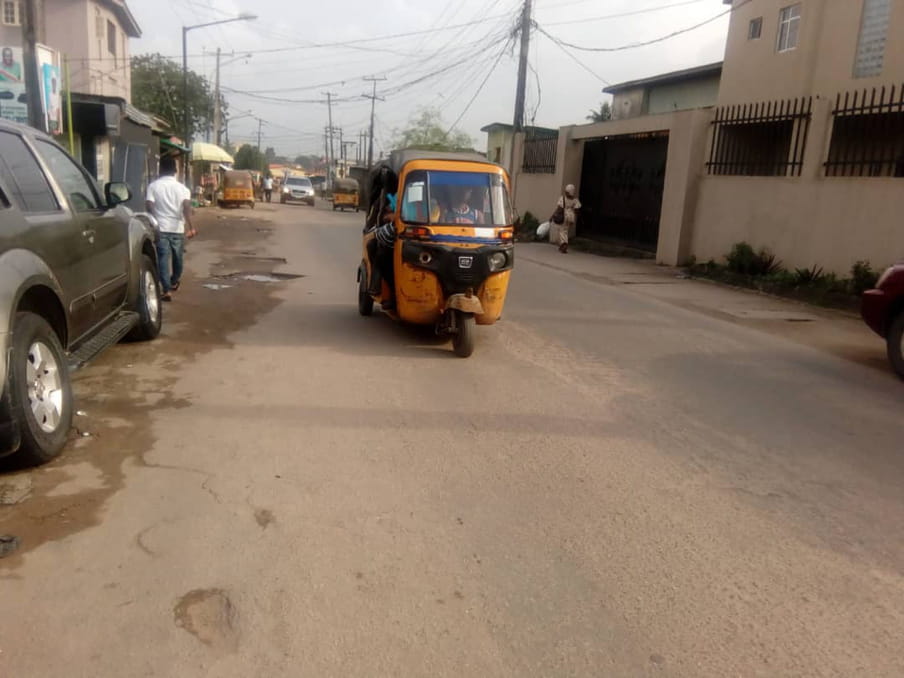
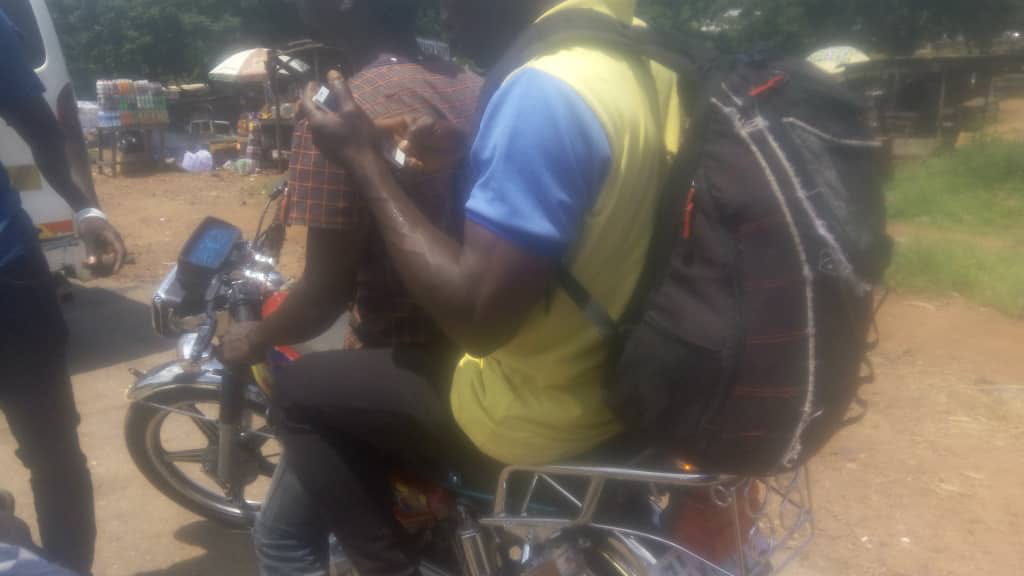
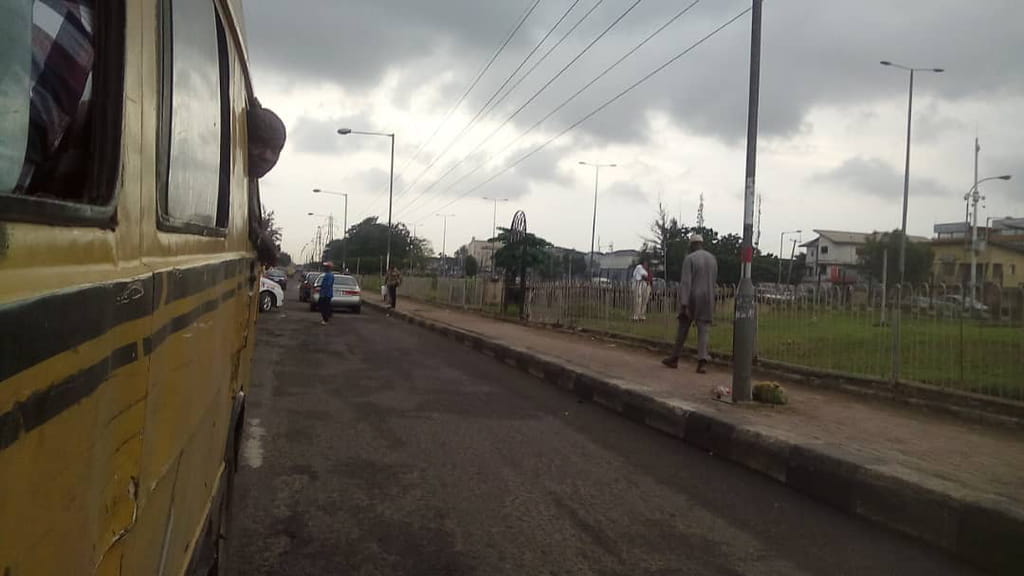
A business for everyone
On the last day of the course, the migrants were split up into groups of three to five fellow returnees who lived in the same neighbourhood. They had to come up with a business plan. I saw groups of aspiring chicken farmers and carpenters, future boutique owners and mechanics, people who hoped to own soda carts and restaurants.
This is the idea behind the groups: the EU provides about €900 of seed money per migrant. A small business built with that kind of money won’t have much economic impact. If lucky, a migrant can just about get by on their earnings. If three to five people combine the seed money, though, they can build a much more sustainable business. The returnees are forced to work together because it maximises the economic impact of the aid.
That’s the idea, anyway.
In reality, over time I began to see that the group system mostly leads to one thing: trouble.
The holiday greetings I got from the 12 returnees at the end of 2018 were miserable. They complained about group members who were “not serious”. Group members “suddenly” moved away. Group members didn’t want to start a business at all.
When I met Cyril for a lukewarm Coke in a fast food restaurant in Akpakpava – a busy neighbourhood in Benin City – at the end of January, he shook his head. “I’m in a group with two young guys. I didn’t know them before the course. Every time I call them, they tell me they don’t have time to meet. One of them is a driver. His girlfriend is pregnant, so he wants to make some money as quickly as possible. The other one was training to be a welder before he left. Now he wants to finish his training. They don’t want to do business.”
I saw almost all of these groups split up over the course of the year. Working together is a nice idea in an ideal world. But Nigeria is not the ideal world.
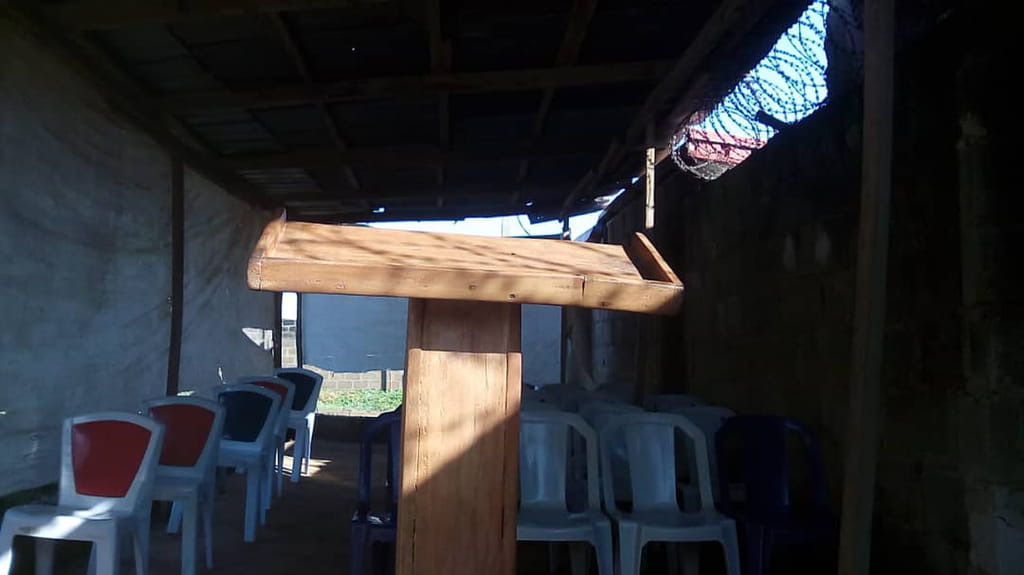
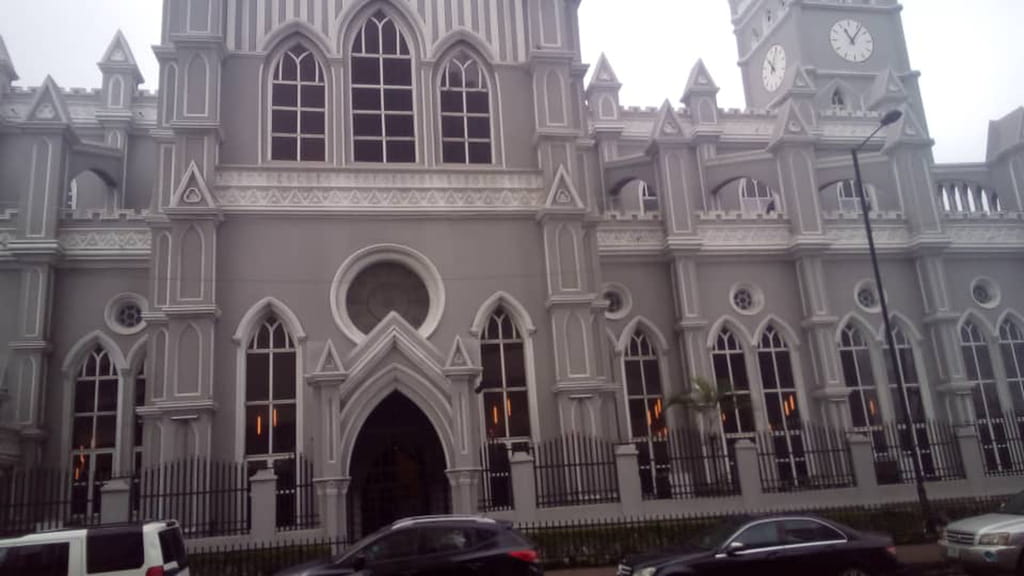
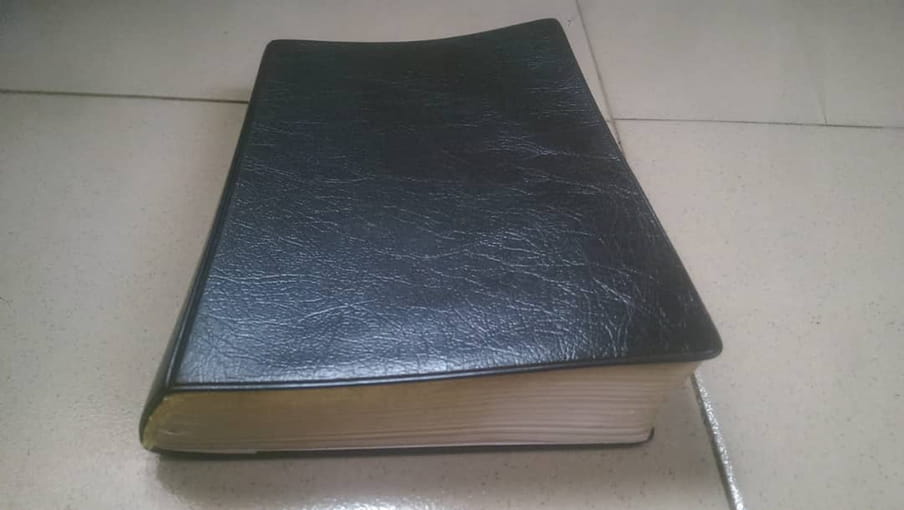


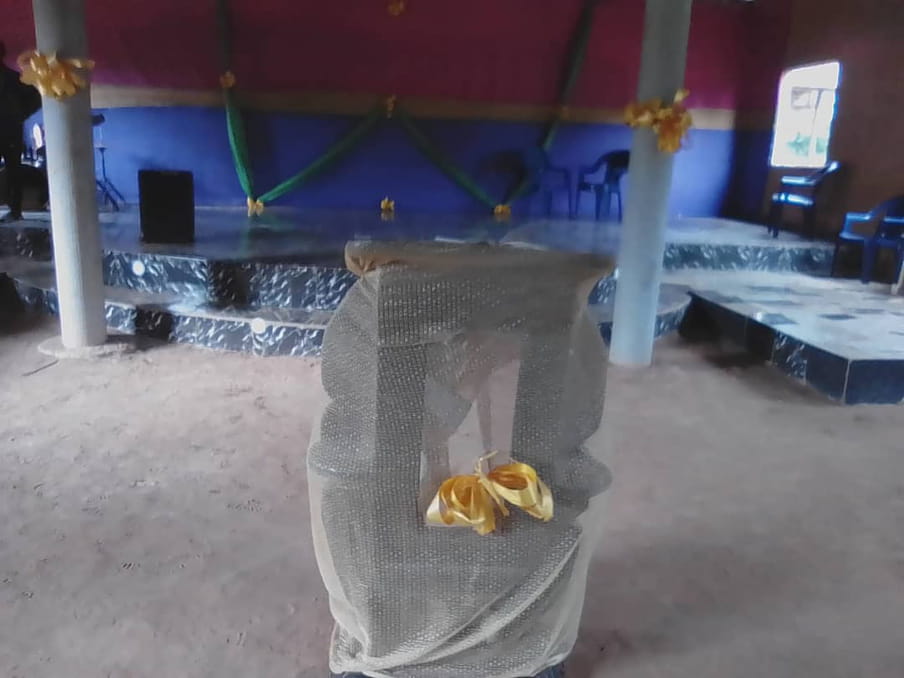
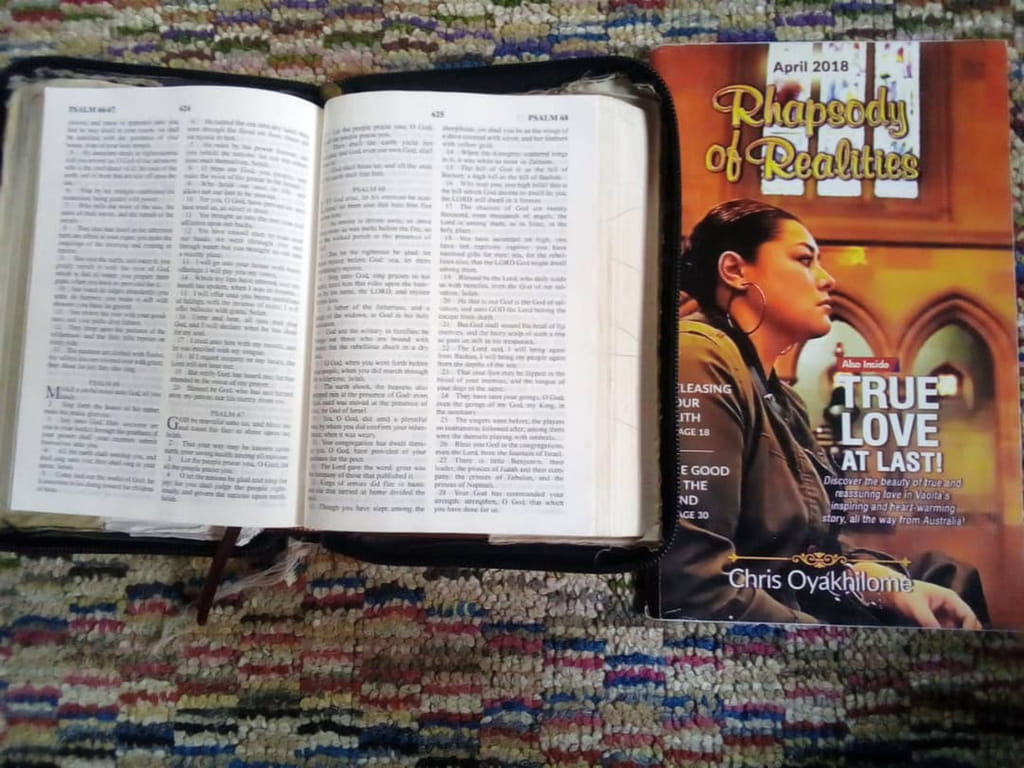
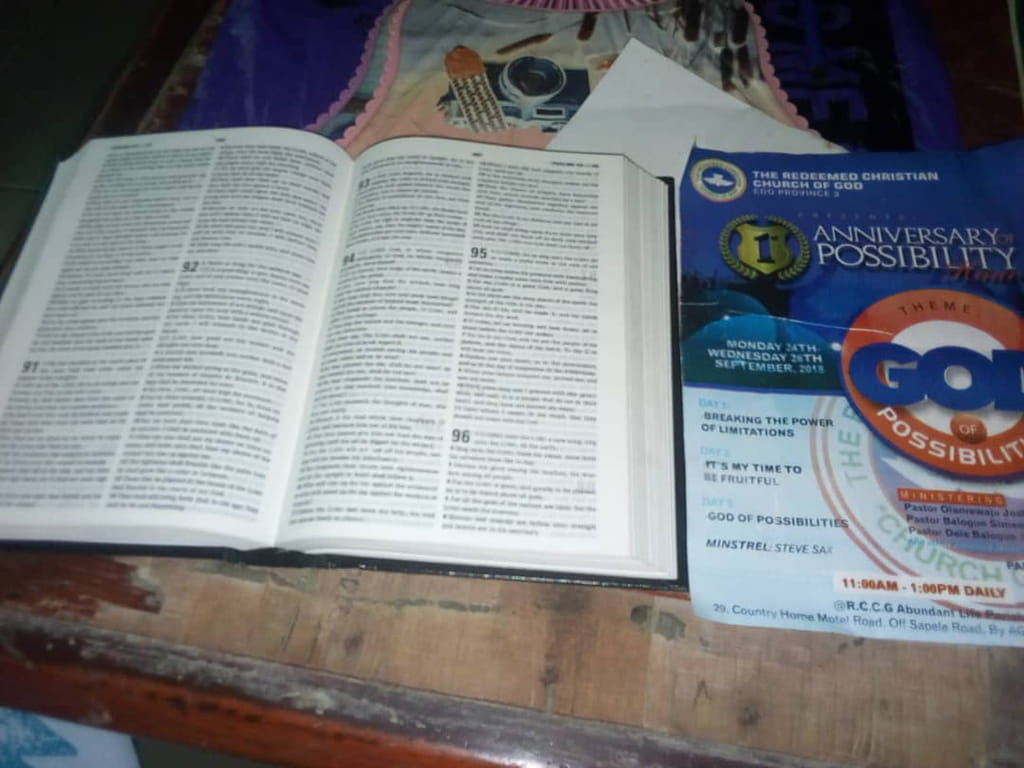
European red tape doesn’t work in Nigeria
I saw this contrast between the world on paper and the Nigerian reality most clearly in Junior’s story. He was only 18 when I met him at the airport. His mother died when he was very young, and his dad died when Junior was in prison in Libya. He didn’t have siblings.
The first thing he needed to do when he arrived in Lagos, a city with a population of 21 million people, was find his uncle, whose phone number or address he didn’t have. It was the only place he could think to stay.
He found his uncle after two days. This was typical of Junior – a smart, savvy guy who seizes any opportunity that comes his way. Despite his age, he was appointed group leader of his business. It made it all the more difficult for me to hear what happened to him when he had tried to register that business at the beginning of 2019. The EU doesn’t pay the seed money without official registration.
He had to show an ID at the Chamber of Commerce. He didn’t have one. They sent him to the immigration office.
At the immigration office, he needed to show his birth certificate to apply for an ID. He didn’t have one. They sent him to the local government office of his birthplace.
He travelled to his birthplace to ask for a birth certificate. Turned out, a birth certificate costs ₦10,000, almost $28. He didn’t have that kind of money.
In the spring, he messaged me: “That’s what is holding me back.”
I kept wondering if we make returnees jump through too many western bureaucratic hoops that are devised by people in places where there’s no such thing as not having a birth certificate. If we truly want to help these people, shouldn’t we consider the Nigerian reality, instead of holding on to European red tape? But then again, someone who can’t manage to register a business in Nigeria might not have the skills to run a successful business in this country.
“We have to account for every cent,” Tamrat from the IOM said. The result: three out of the 12 returnees I followed decided to quit the programme.
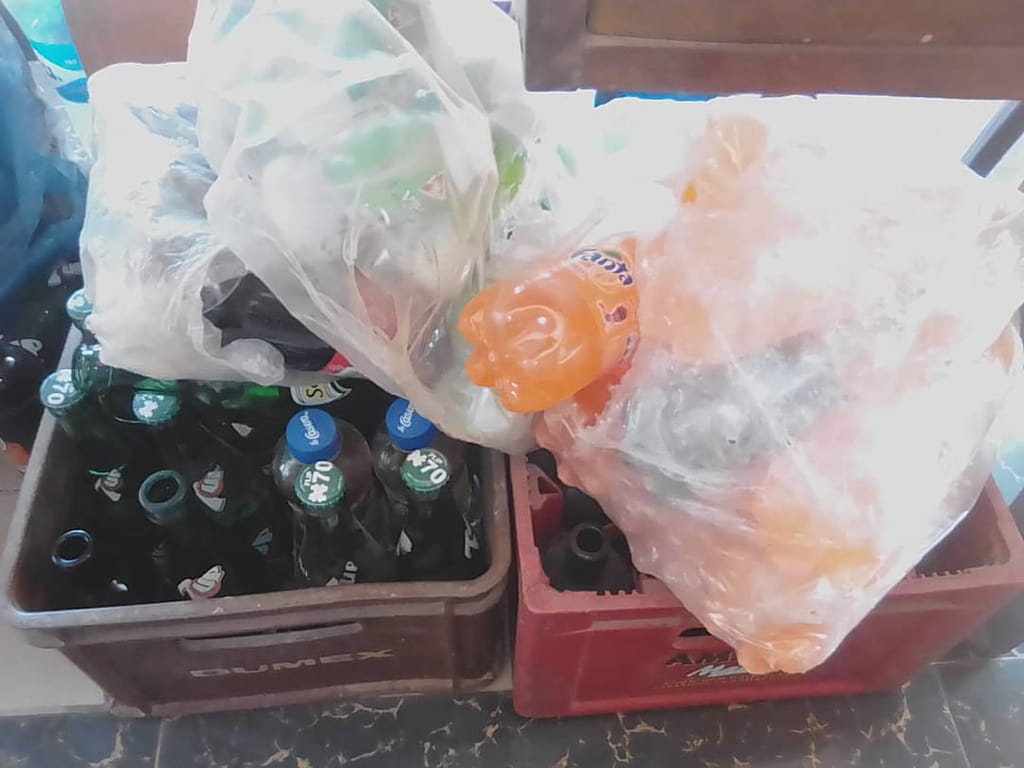
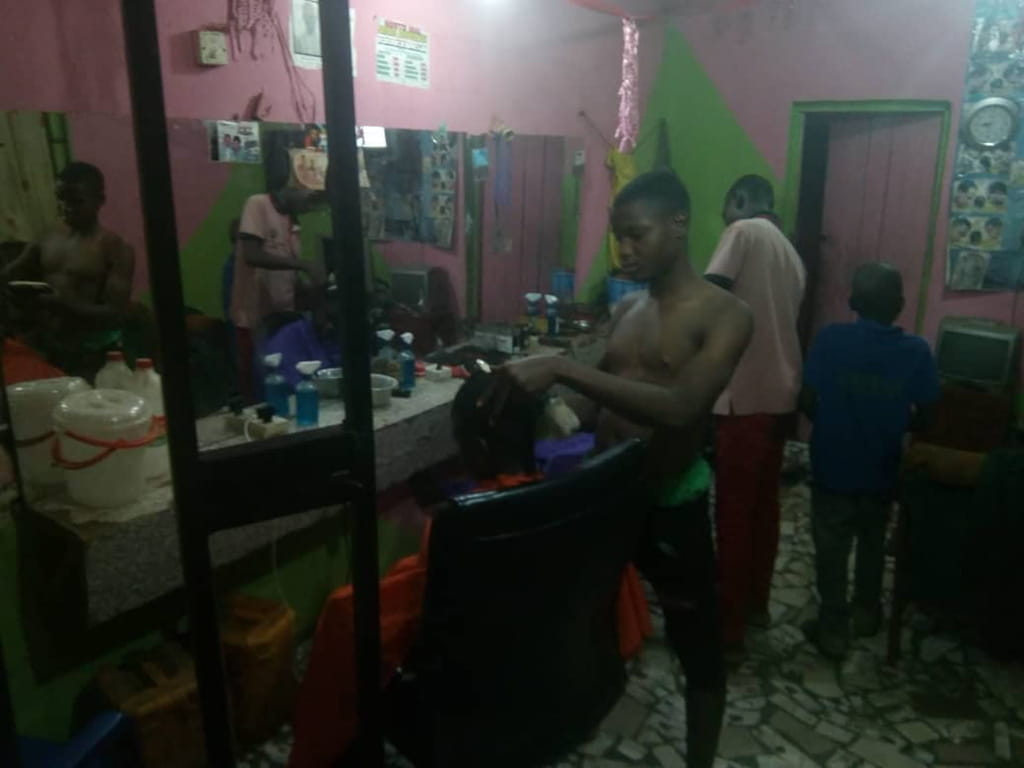
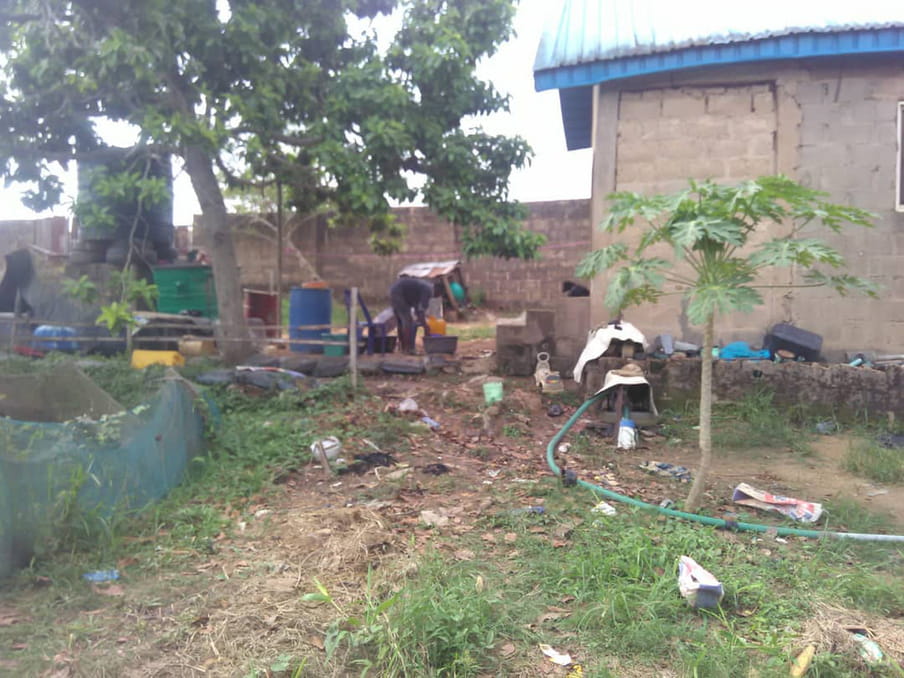
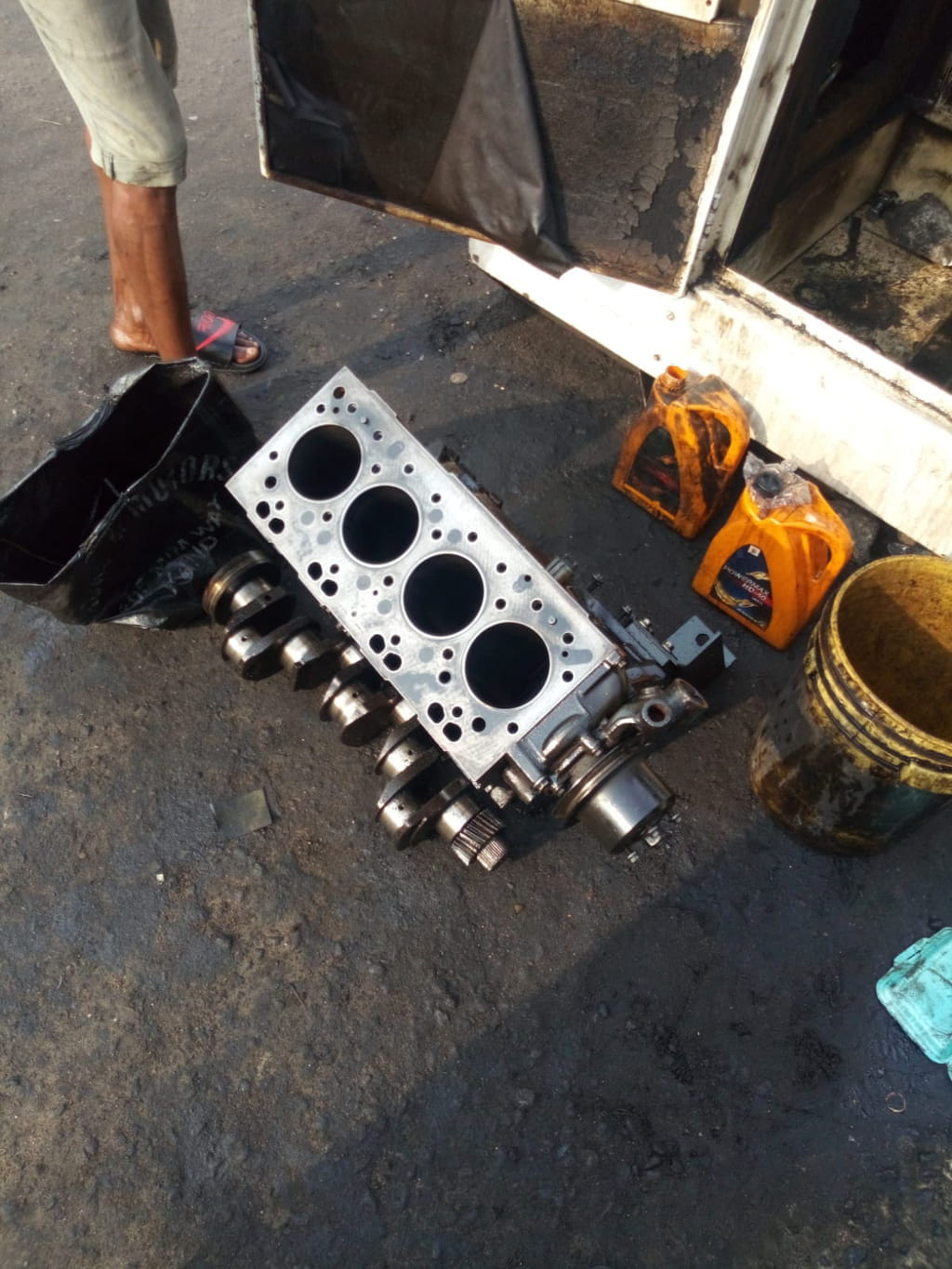

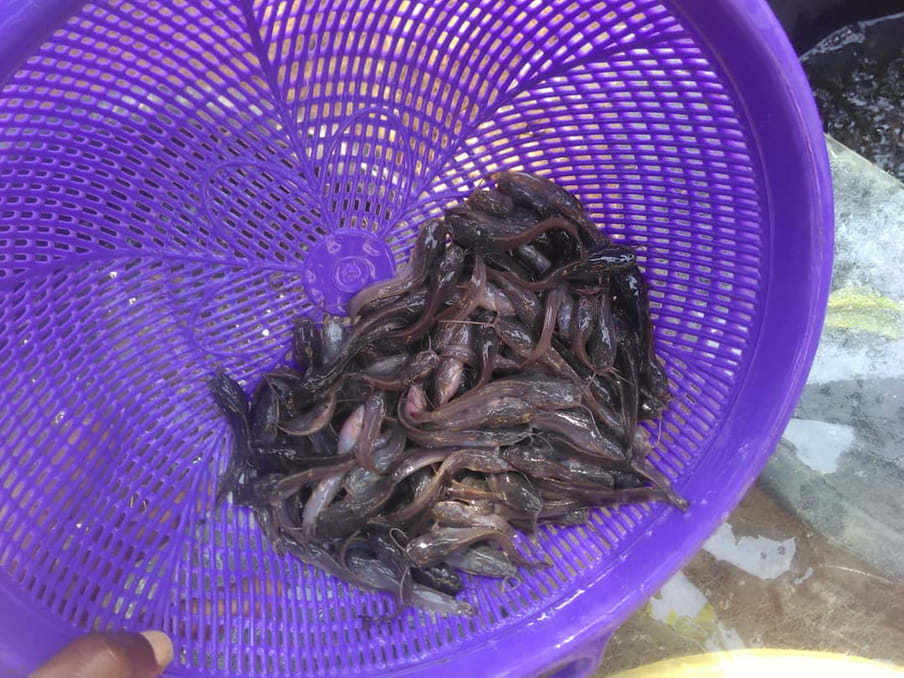

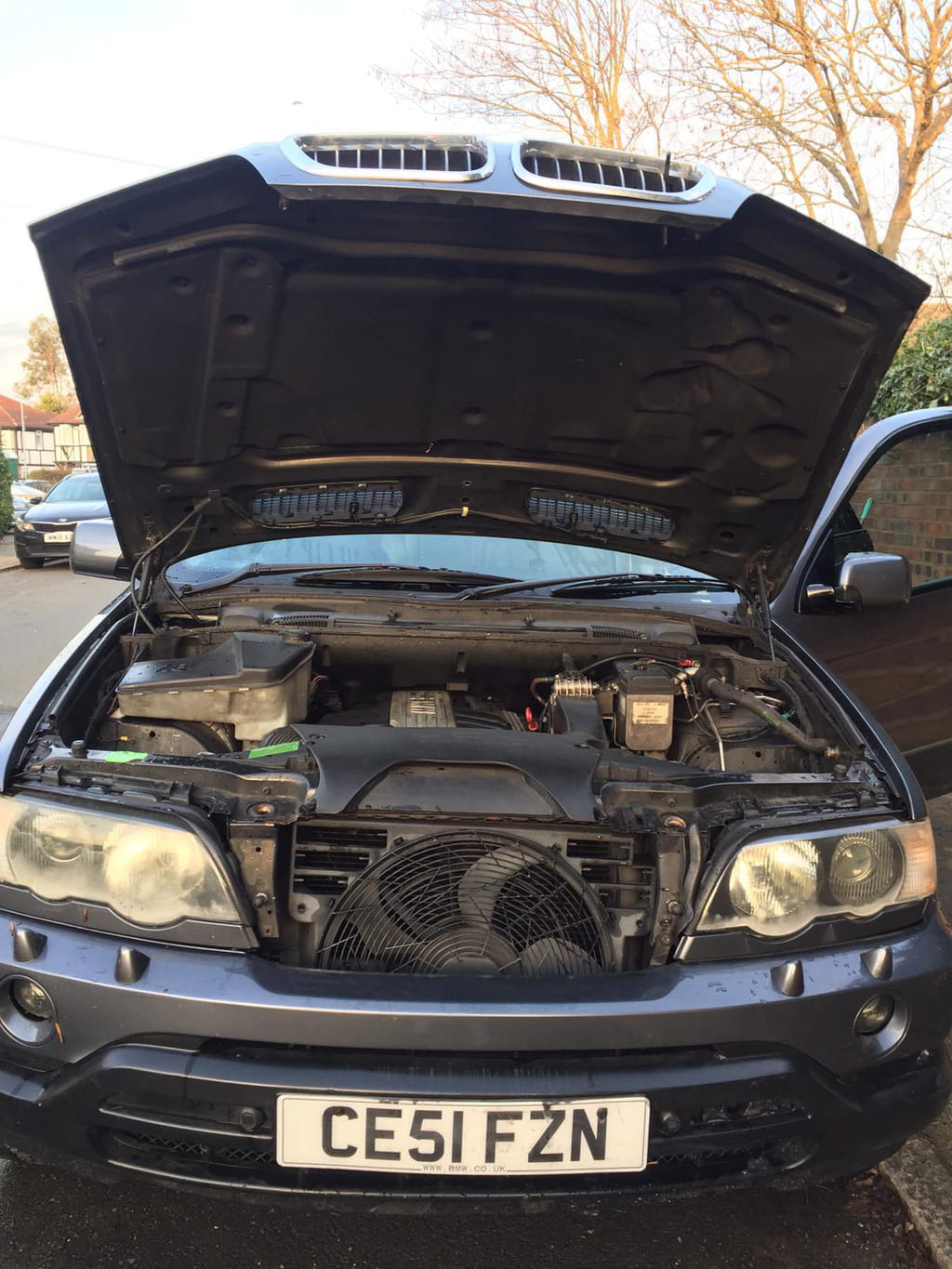
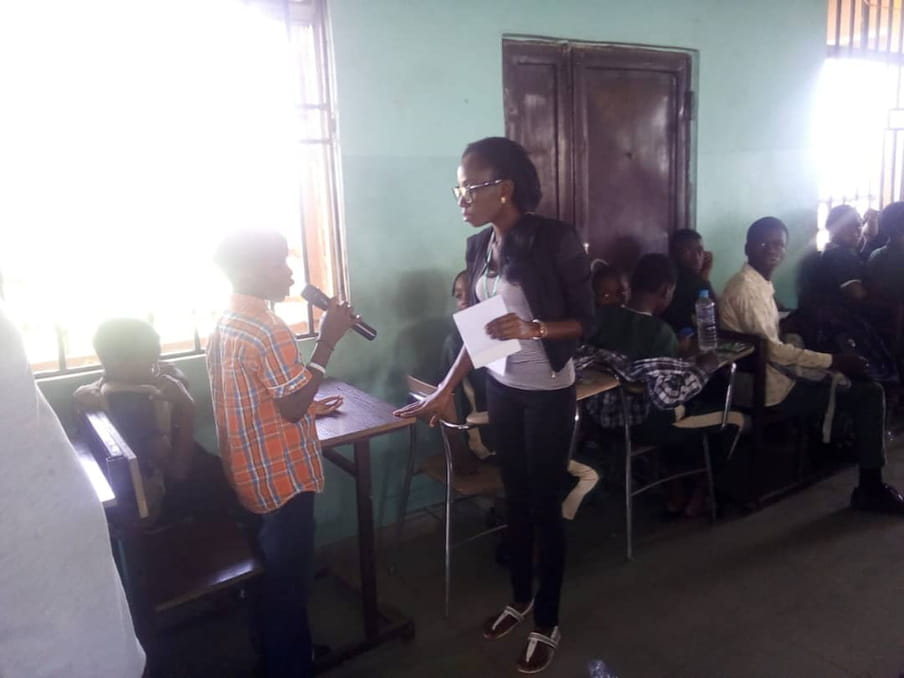
Goods, not cash
“Can you keep a secret?”
Right after the Nigerian presidential elections in February 2019, I called Chylian, a returnee who used to be a primary school teacher, to ask who she voted for. She sounded restless. Guilty. And she didn’t want to discuss the election. She wanted to talk money.
She said her youngest sister needed tuition money for her last semester of school. An annoying debt collector was bothering her mother. So, Chylian almost whispered, she had sold half of the goods meant for her business back to the wholesaler.
I didn’t know what to say. What Chylian did is – and she knew this – against the rules of the reintegration programme. The rule is returnees get goods, not cash.
Chylian suddenly forced me to consider why migrants couldn’t decide for themselves how to invest the money.
The official reason is returnees will immediately spend the cash on their families, instead of investing it in a more sustainable way. Considering Chylian’s story, that’s a good point. The EU came up with a solution: the money goes straight to wholesalers and landlords. The returnees request invoices and deliver them to the IOM. The returnees only ever handle goods, not cash.
It’s another bureaucratic hurdle in the programme. When I asked other returnees about it, I realised it’s a totally useless one. Everyone trades part of the seed money for cash. Not because they don’t want businesses but because they have so many other things to pay: rent, tuition, debt.
In the best case scenario, wholesalers go along with it and not a lot of money is lost, as in Chylian’s case. Worst case scenario, the wholesaler uses their position of power and keeps part of the money, like in the case of Junior, whose wholesaler ended up shorting him €150.
If this is what’s happening, why hold on to the invoicing system? Why not pay the returnees their seed money in cash?
As usual, it was the returnees who answered my question. They all said that the EU was scared they would use the money to get to Europe.
‘Like we don’t trust them’
When I told Tamrat of the IOM about this, he immediately made a note of it. “Yikes, is that what they think? Of course that’s what we think and discuss internally, but it’s not the message we want to convey. Like we don’t trust them.”
Suddenly, the problem with this kind of aid and the reason for Tamrat’s reaction became crystal clear to me. In actuality, the programme has two goals. The official goal: help these people get back on their feet after a horrible experience. The secret goal: stop them from illegally trying to get to Europe again.
The official goal requires people to take charge of their lives, take initiative, develop. The unofficial goal requires people to be meek, so they can be controlled in a paternalistic way. The assistance programmes bend over backwards to achieve both development and less migration.
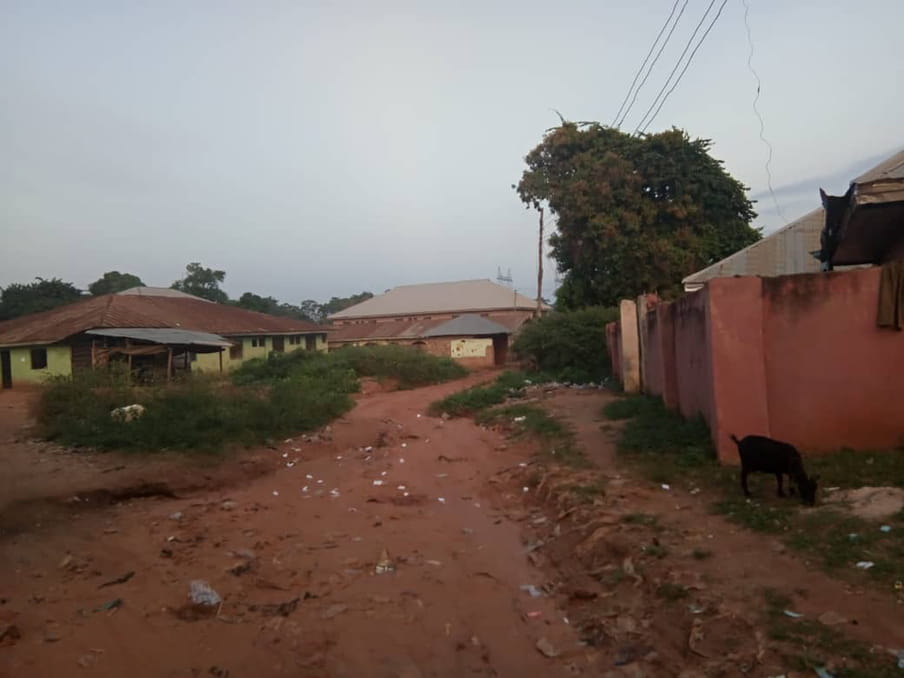
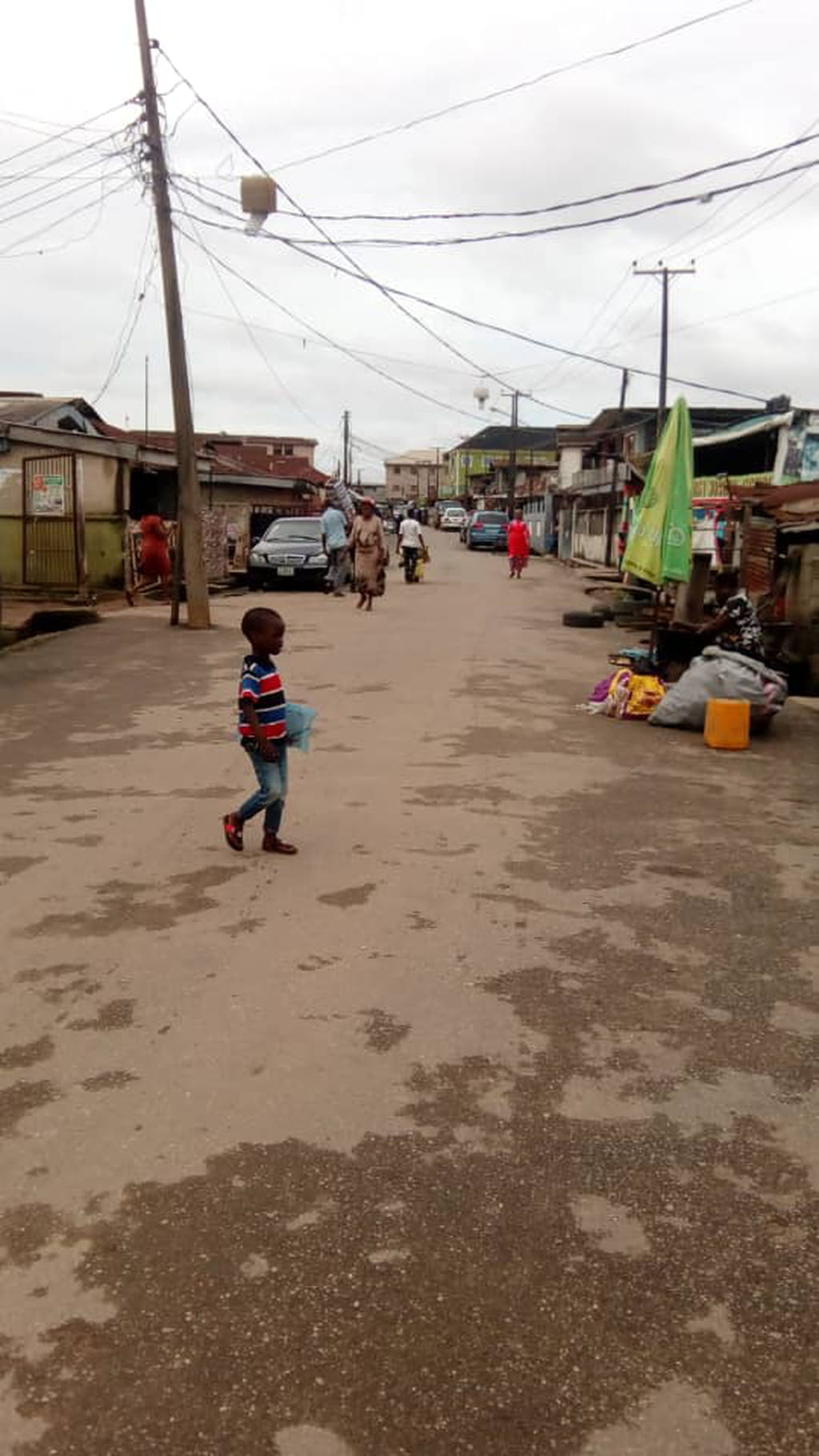
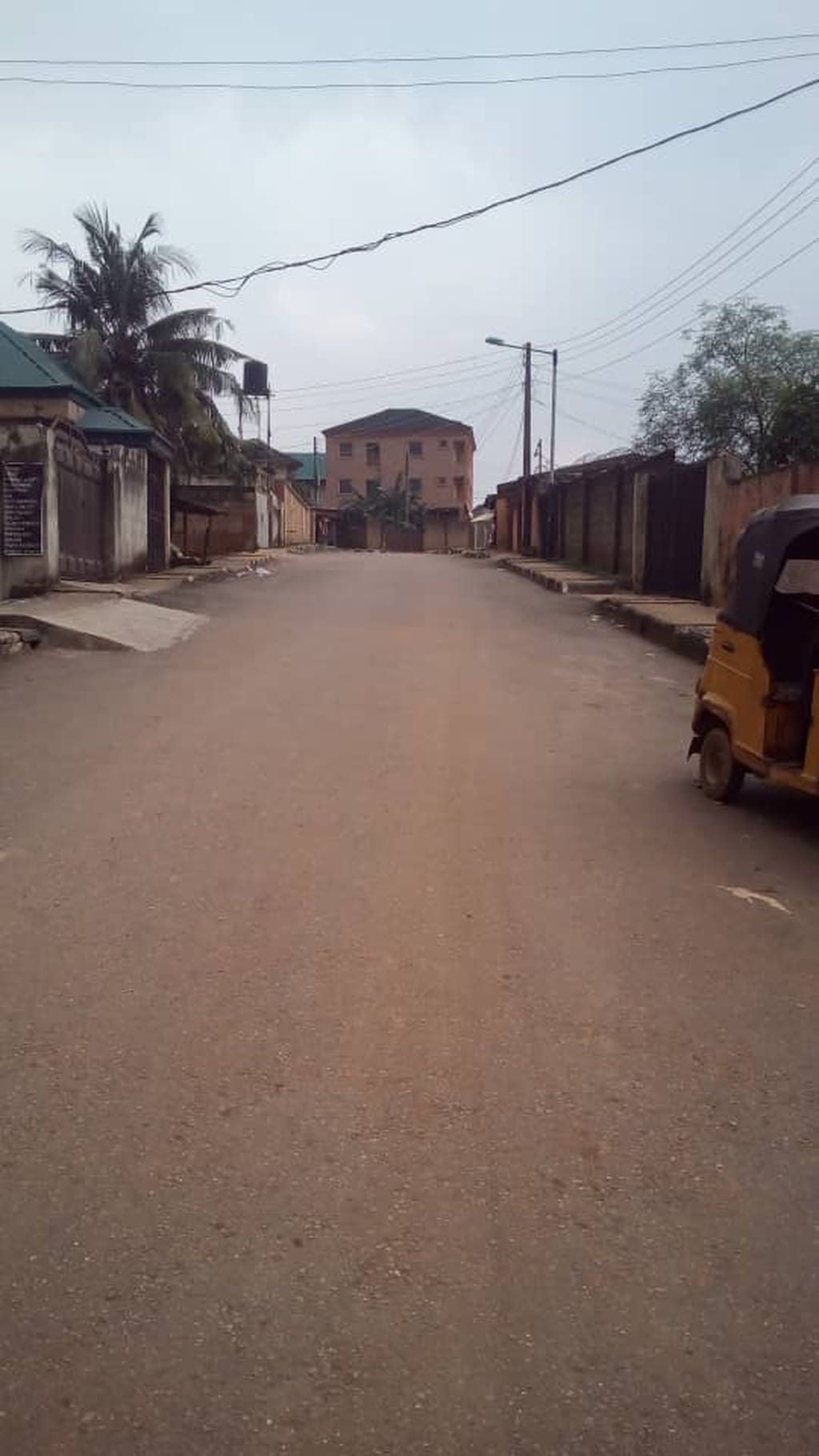
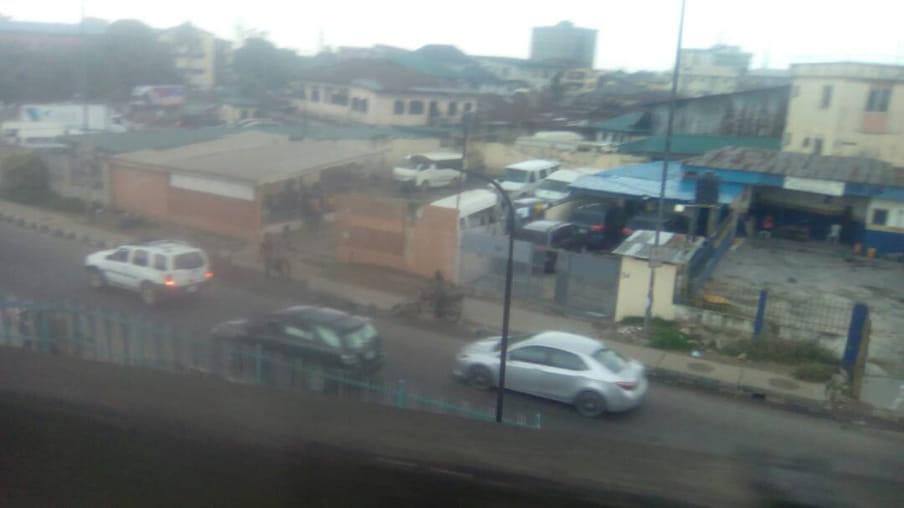
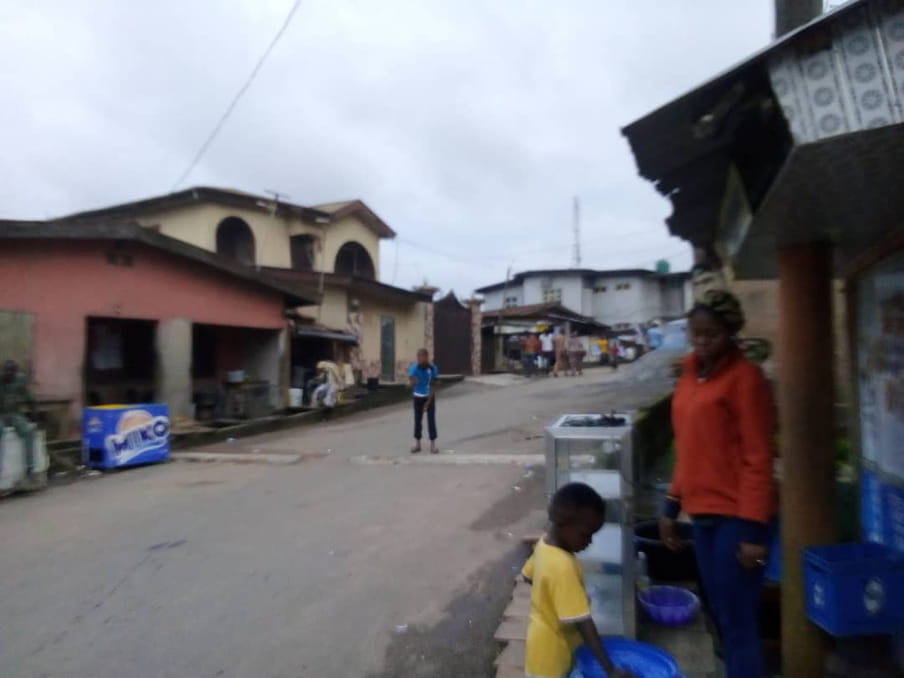
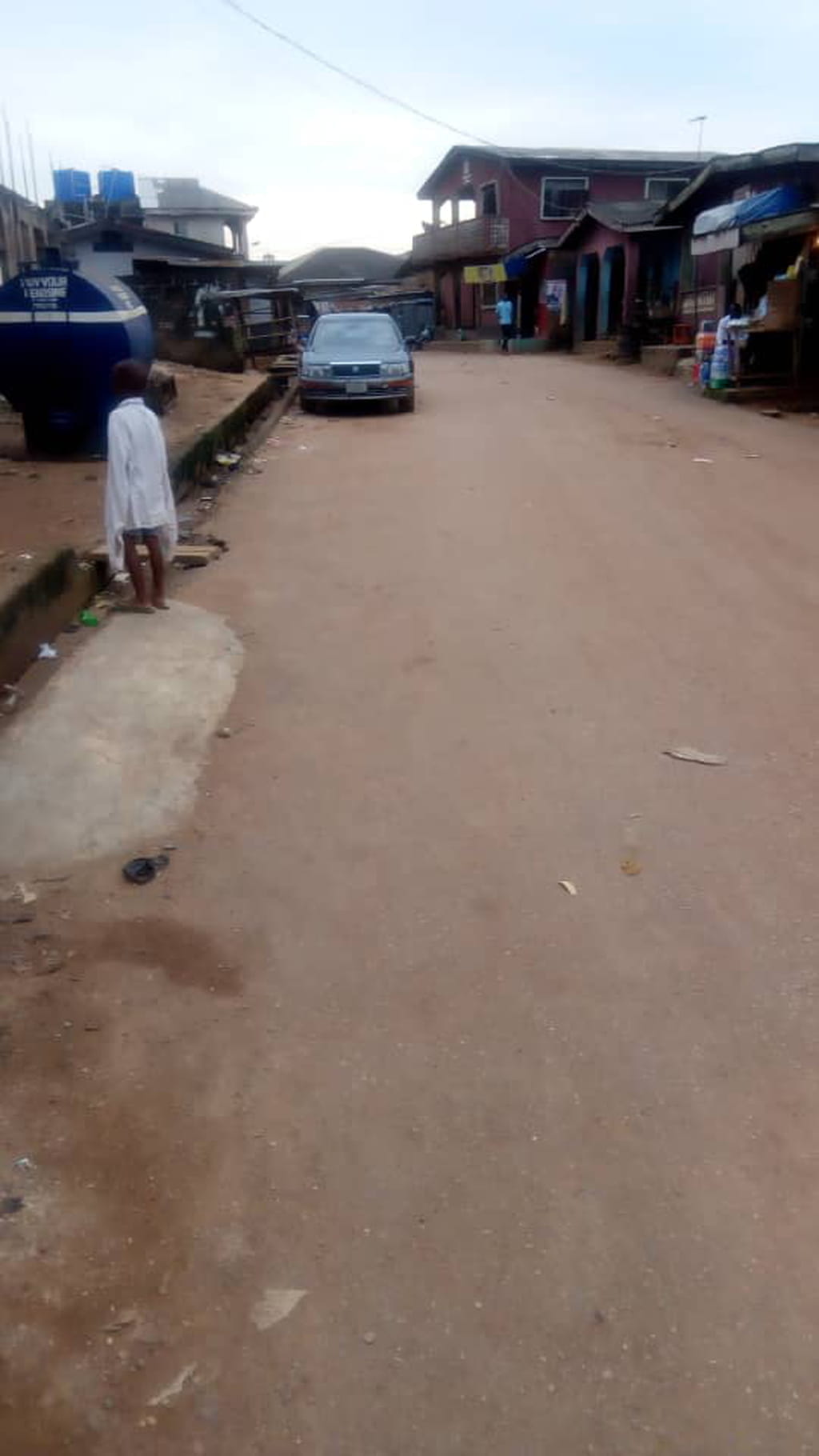
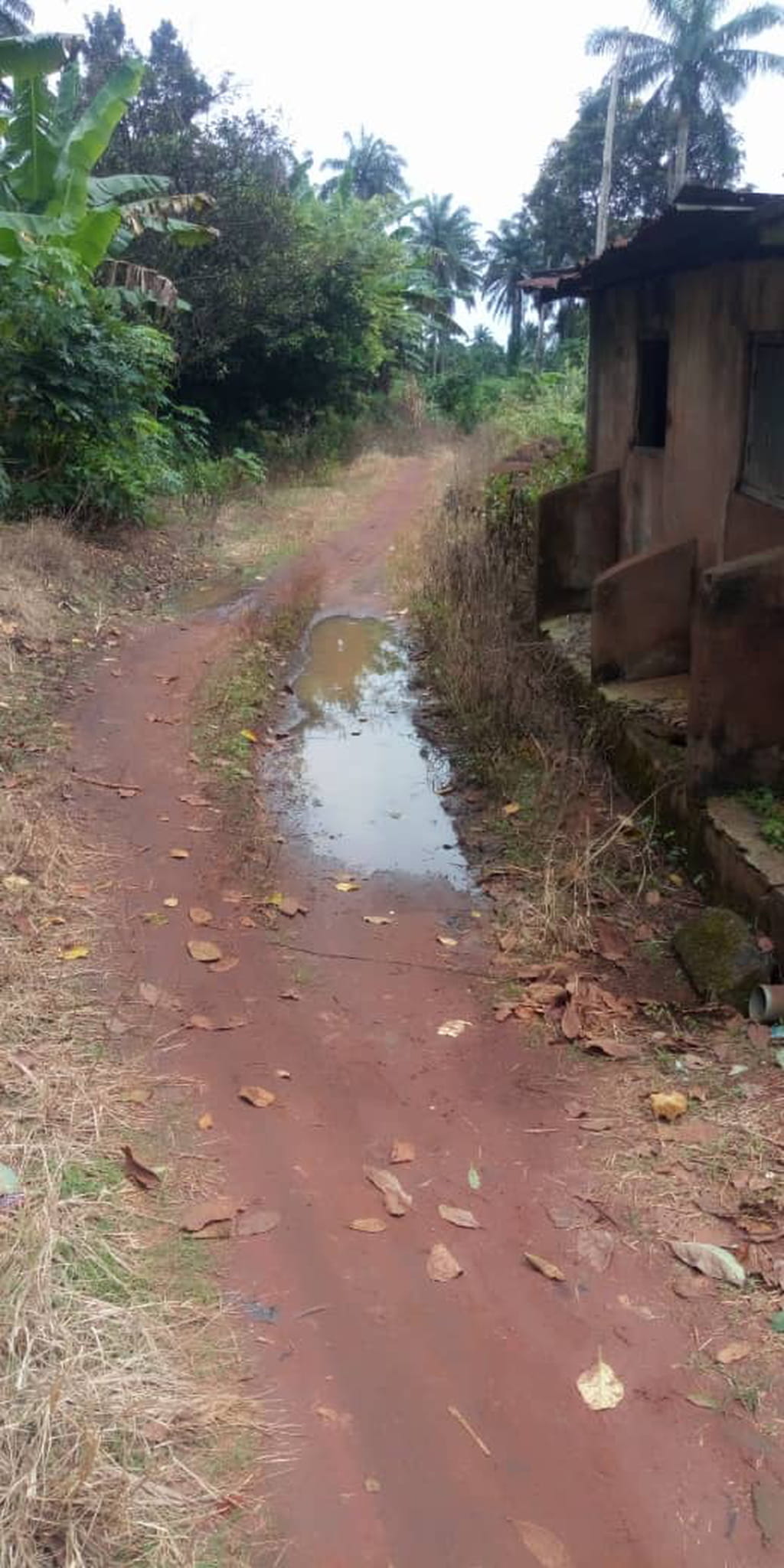
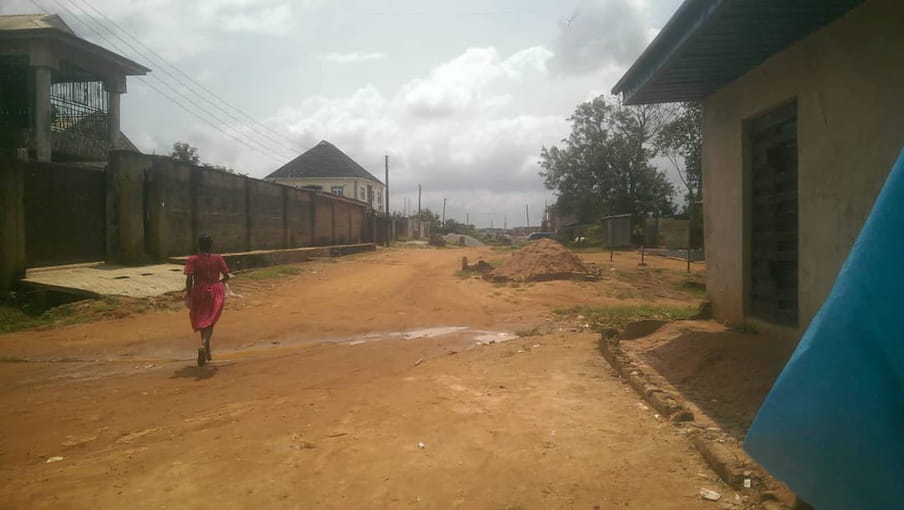
None of the returnees tried to get to Europe again
One year after that night on the airport tarmac, I tried to take stock. What had the returnees done with their seed money?
I made a list.
- Three gave up and refused aid because of the bureaucracy surrounding registration of their business or because of problems in their group.
- Four were still waiting for their goods: the IOM hadn’t approved their invoices.
- Three have taken their part of the group money and started their own businesses.
- One did what the EU wanted him to do and started a business with his group. But he, too, cashed out part of the money to rent an apartment.
- Nobody tried to go to Europe again.
Is this a good score? Is this the best we can hope for when we try to reintegrate migrants in a dysfunctional country they had good reasons for leaving?
When I looked at this European dress rehearsal for the mass return of migrants, I realised that theory and practice are still miles apart. I met people who worked hard to close that gap, such as Tamrat at the IOM. And I saw that these people have to work in strange, roundabout ways because the actual purpose of EU money is unclear – or maybe it’s just undisclosed.
Four people ended up with businesses. They sent me photos of a fish farm, a perfume shop. I visited a noodle stall. Nobody will get rich off these businesses. But I could see that this was an important step in their lives – to have a purpose, to be more than just a failure.
But they still dreamed of Europe. Nobody would travel via Libya again, no way. But maybe they would make enough money to get a visa? Because despite this step forward, they still live in a country where it is extremely hard to get ahead. Because they live on dirt roads, with no electricity, no proper healthcare, no safety.
You may have noticed that there were only 11 people on my list of returnees.
On 13 February 2019, my phone vibrated.
Kizito was on his way from Delta, the state where he was born, to Lagos when the bus he was on was attacked by armed bandits in broad daylight. A bullet meant for the tyres of the van entered through the side of the vehicle and hit his heart. He was killed instantly.
His group sold a third of the IOM goods and gave the money to his brother for the funeral.
This piece was previously published on De Correspondent. It was translated from the Dutch by Katie Digan.
Dig deeper
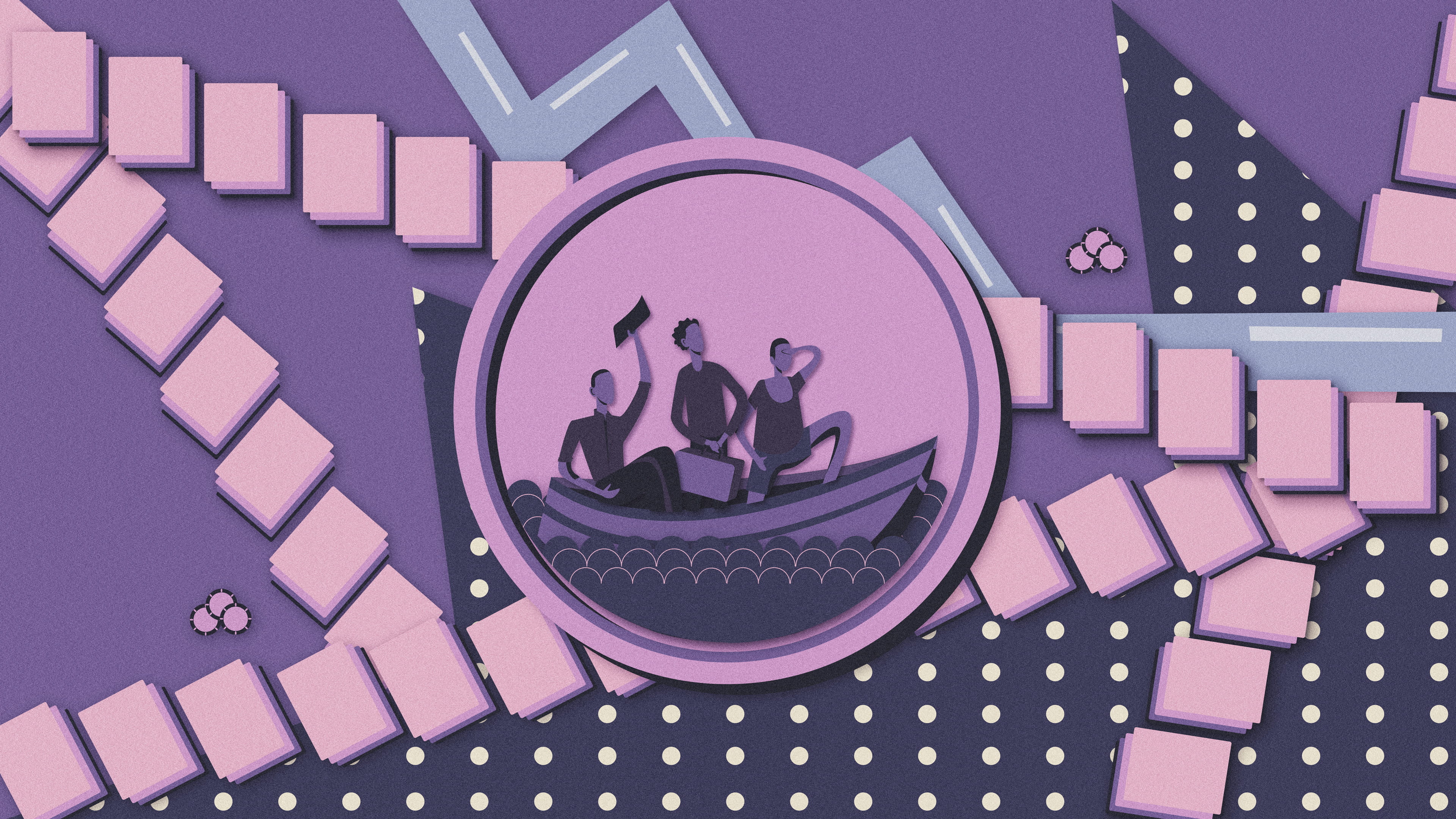 10 questions that explain the European Union’s migration policy
Ahead of a reported series tracking how millions of euros allocated by the EU to "tackle the root causes of migration" are spent, I go behind the headlines and the rhetoric to lay out exactly what Europe’s migration policy is.
10 questions that explain the European Union’s migration policy
Ahead of a reported series tracking how millions of euros allocated by the EU to "tackle the root causes of migration" are spent, I go behind the headlines and the rhetoric to lay out exactly what Europe’s migration policy is.


